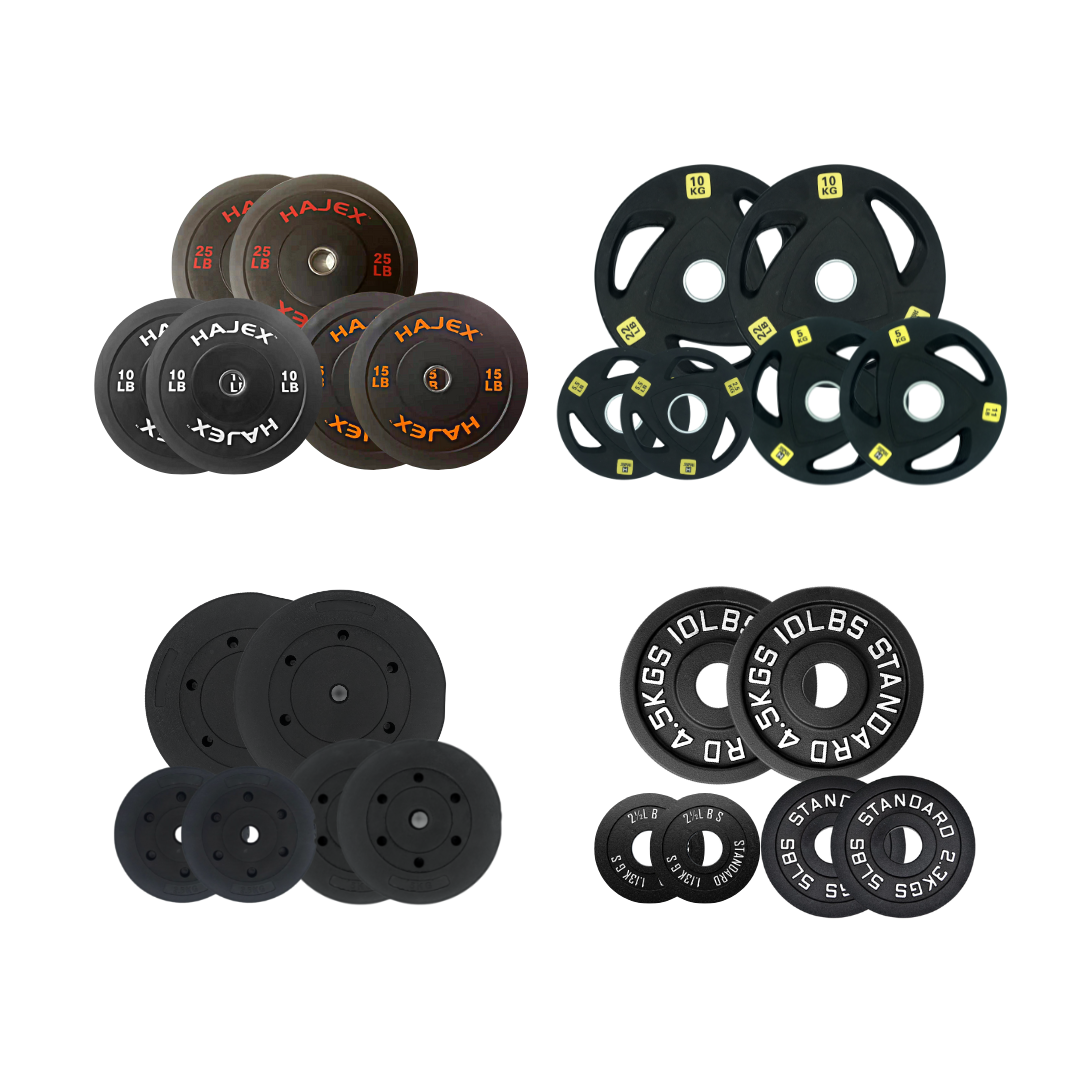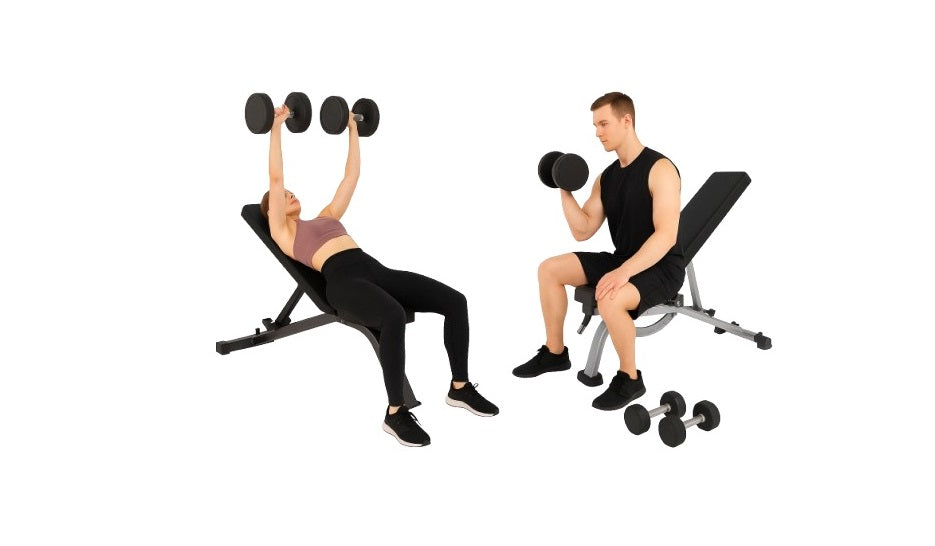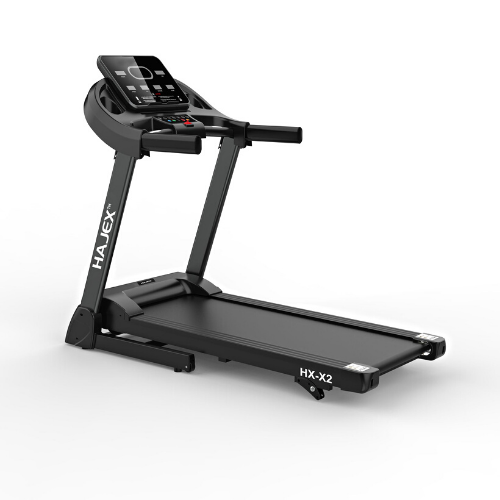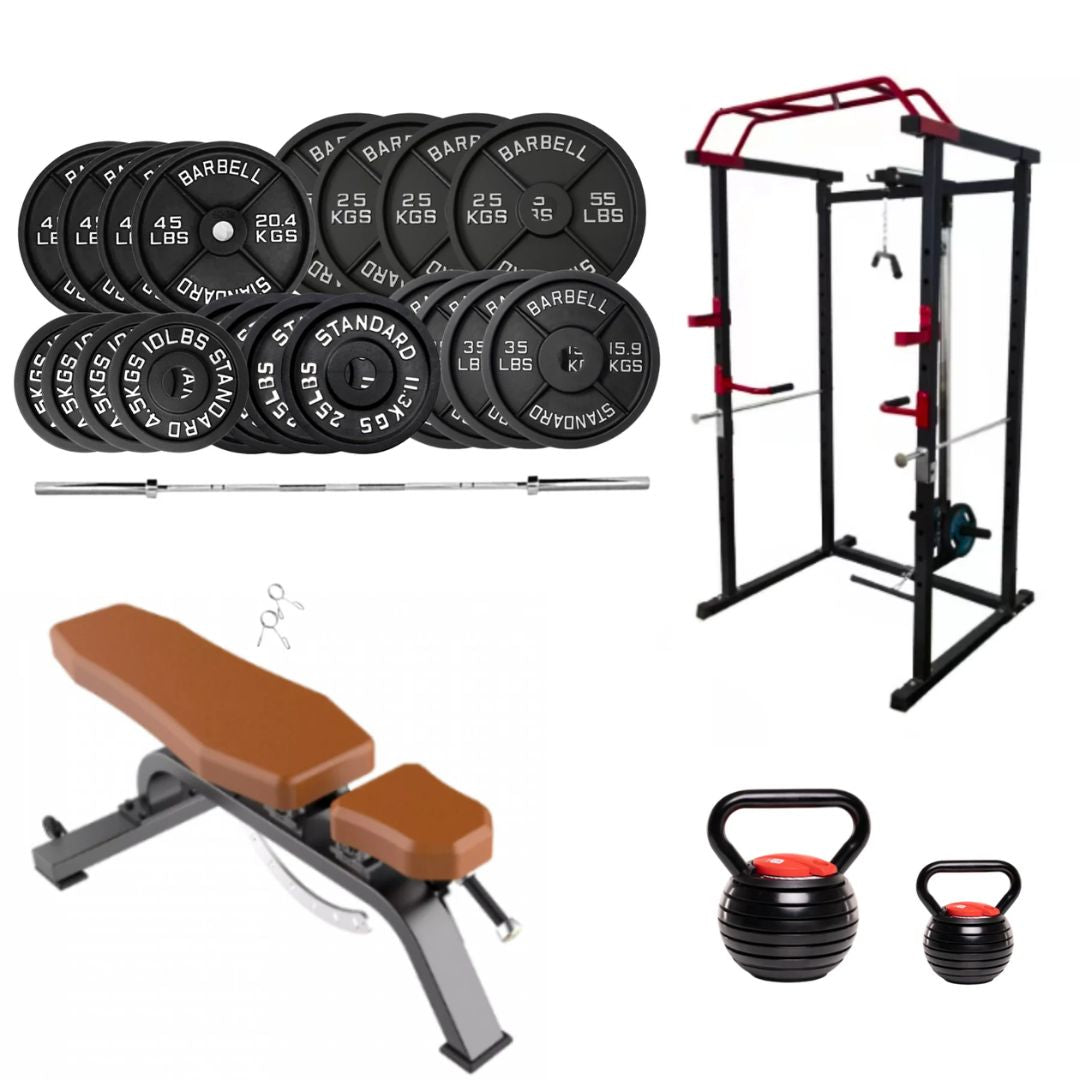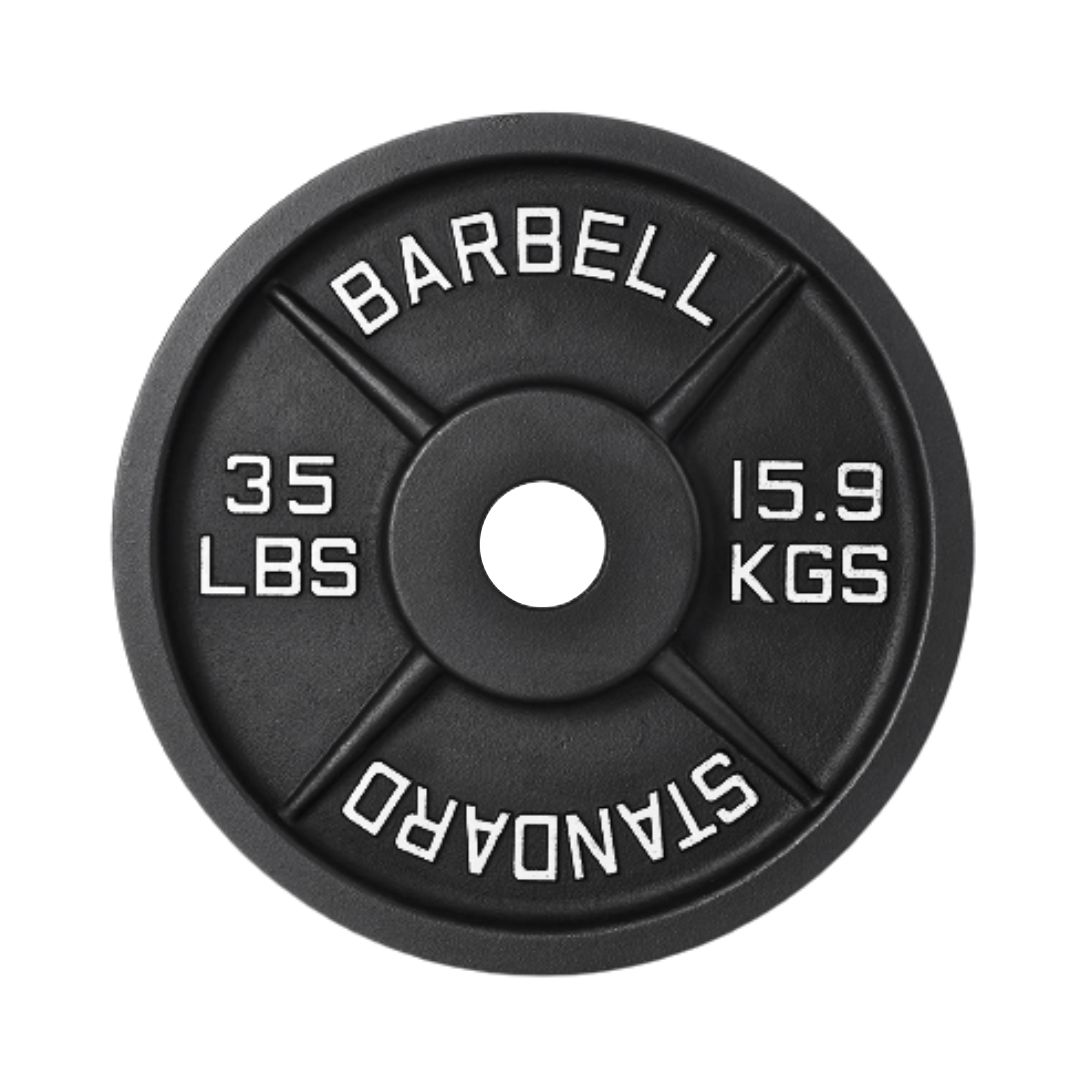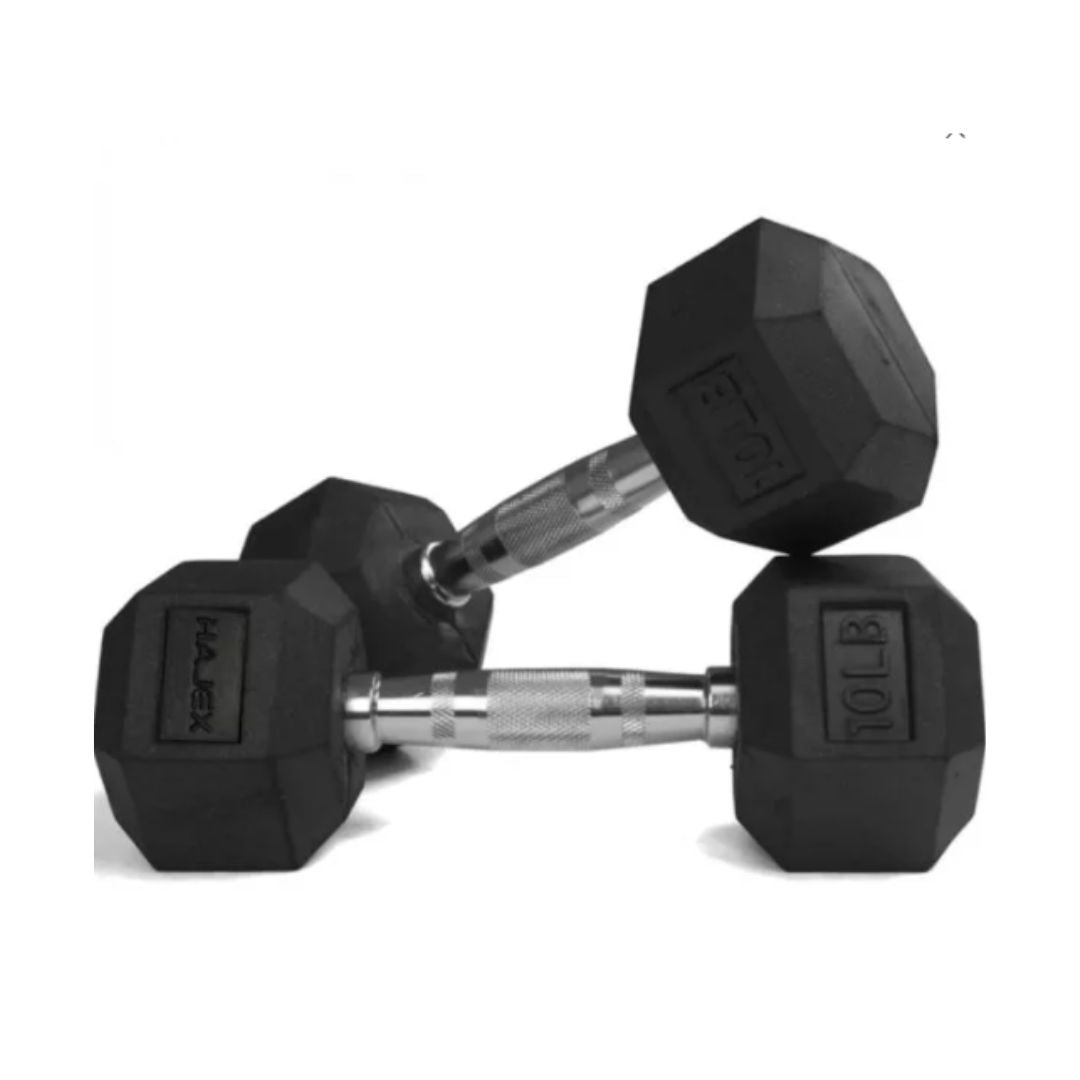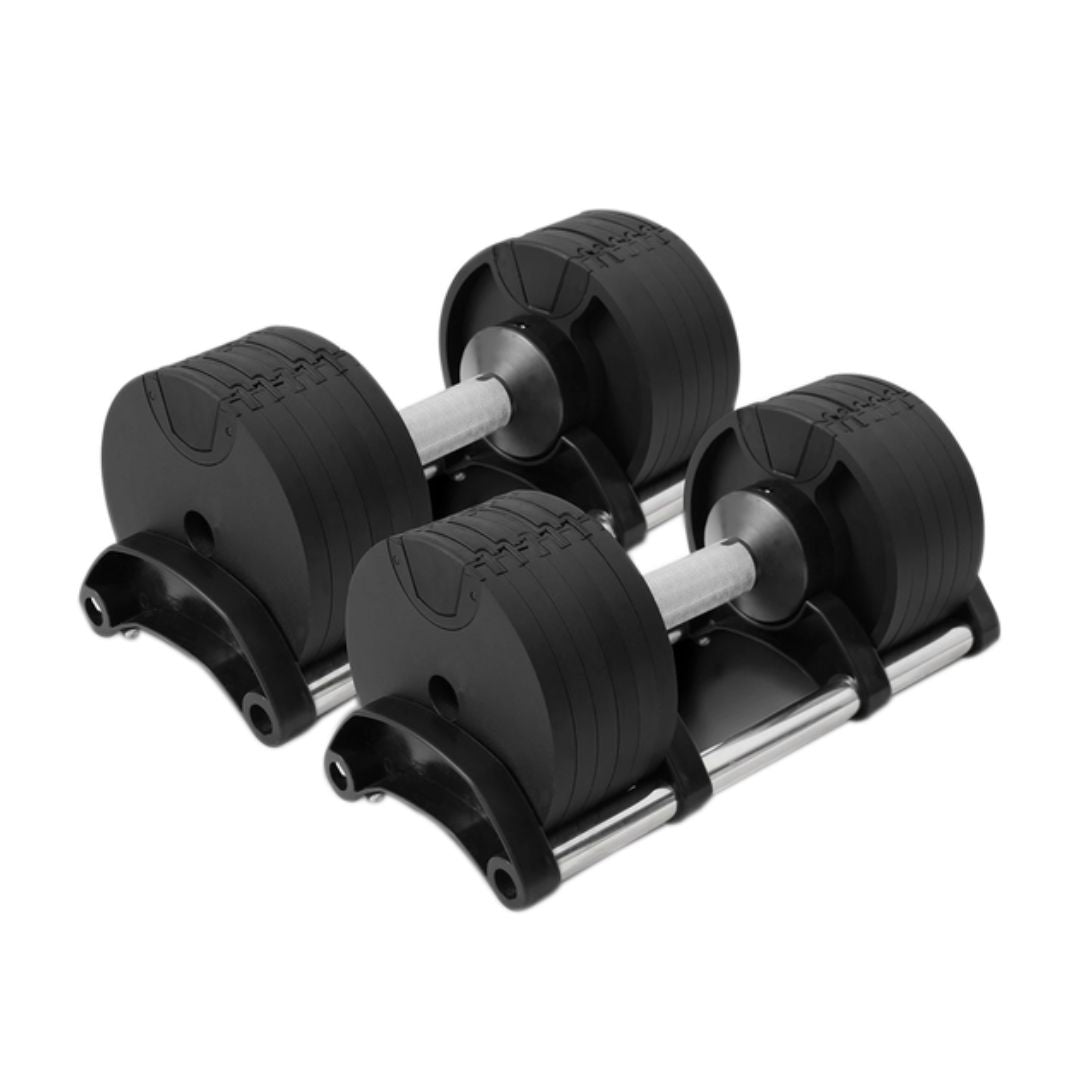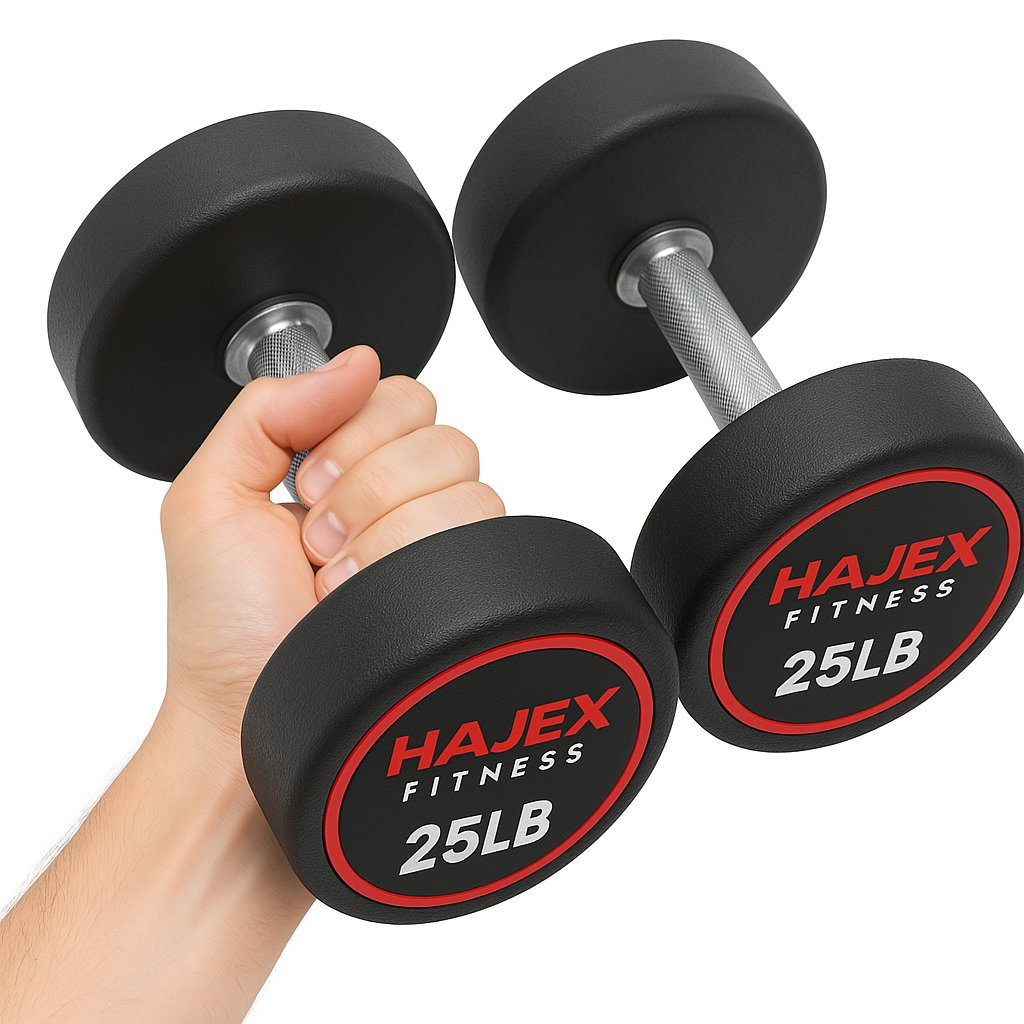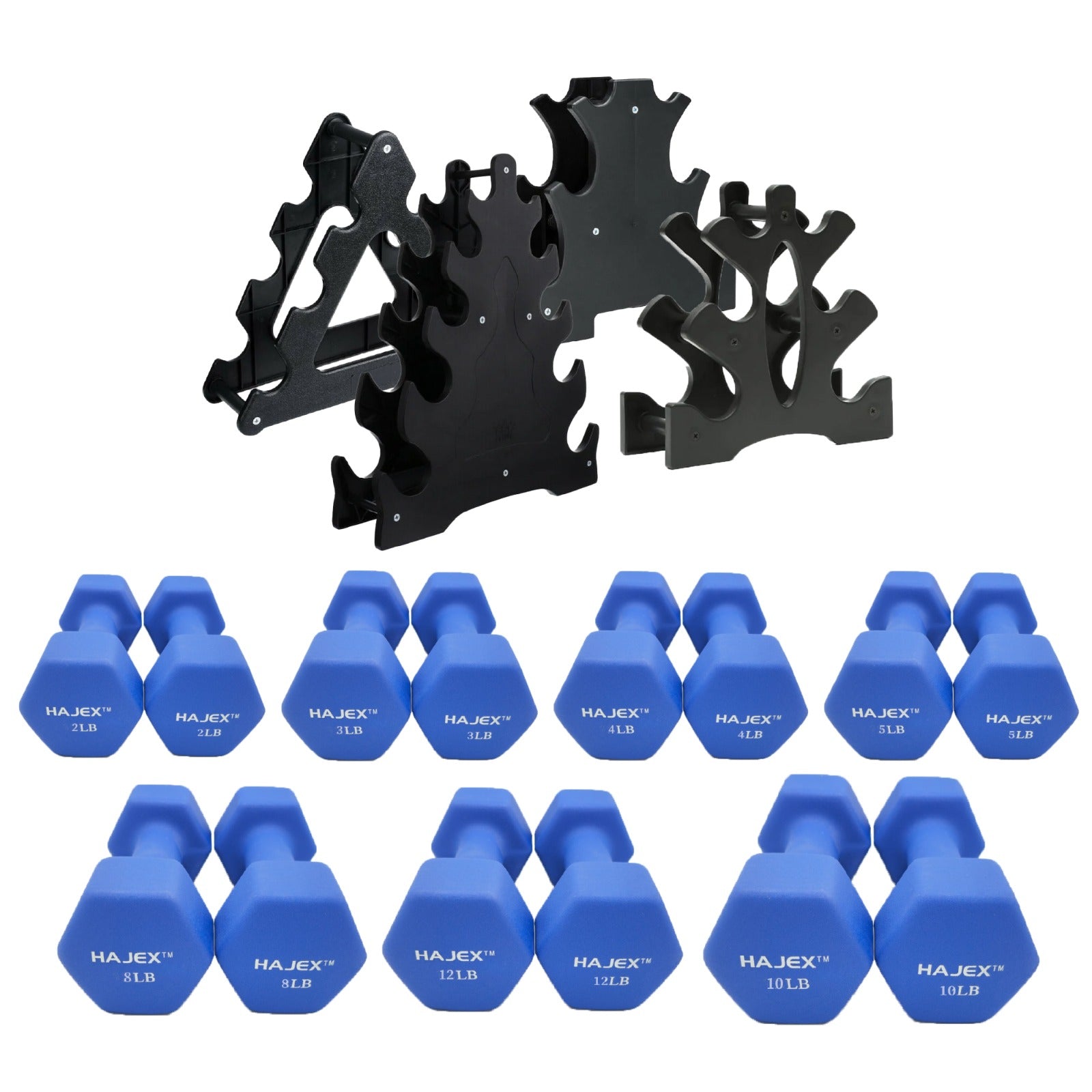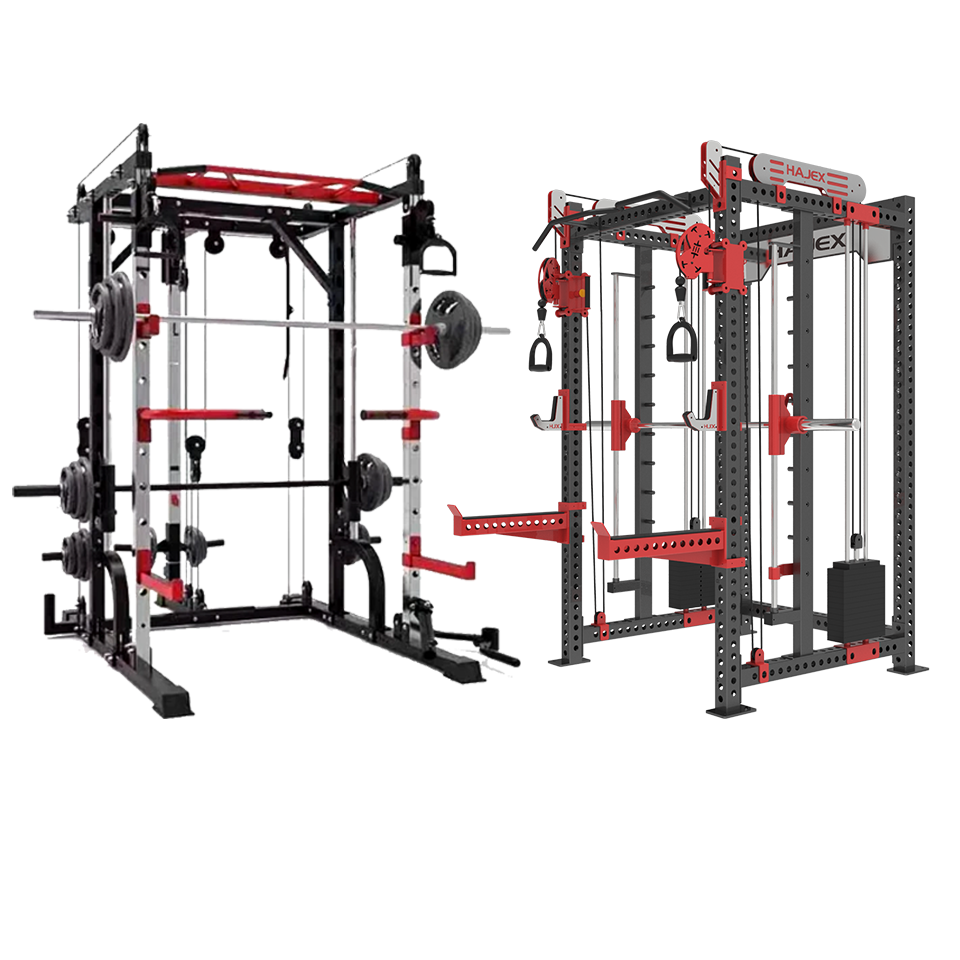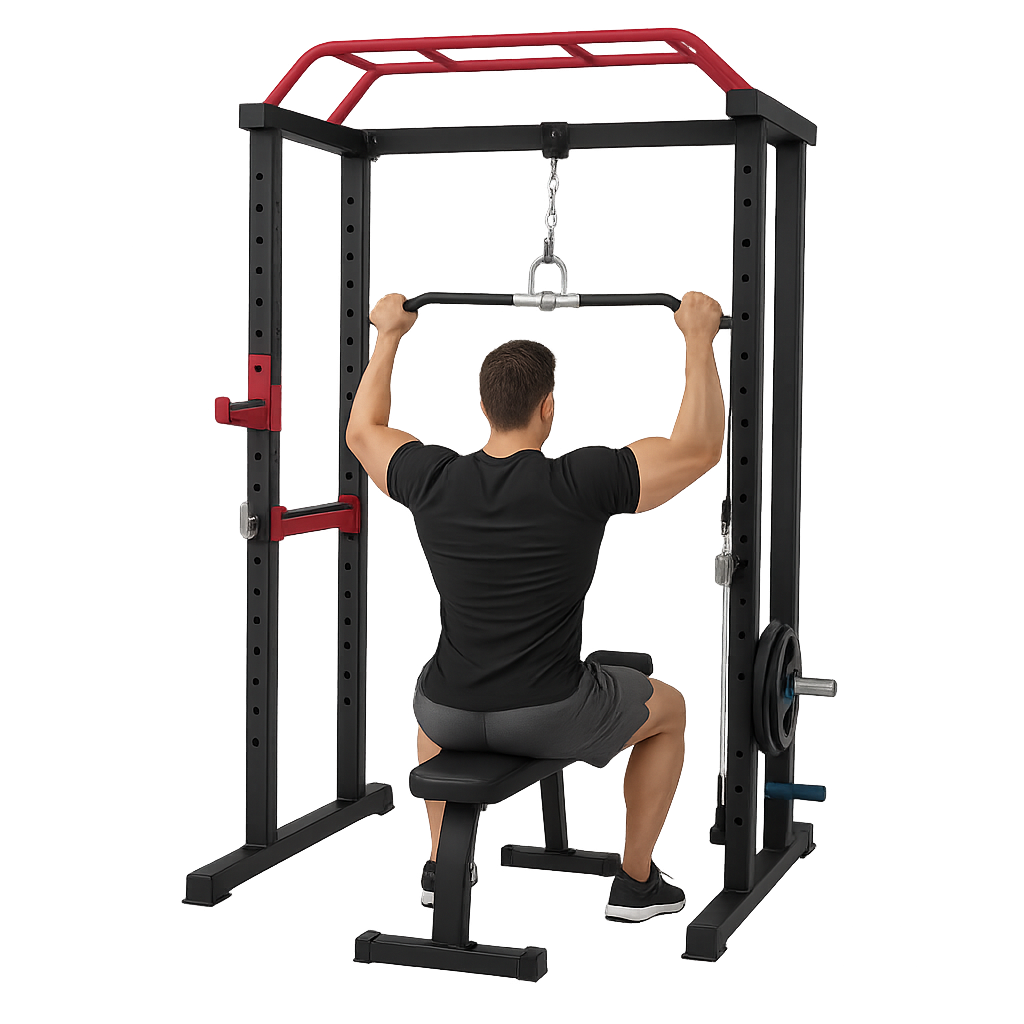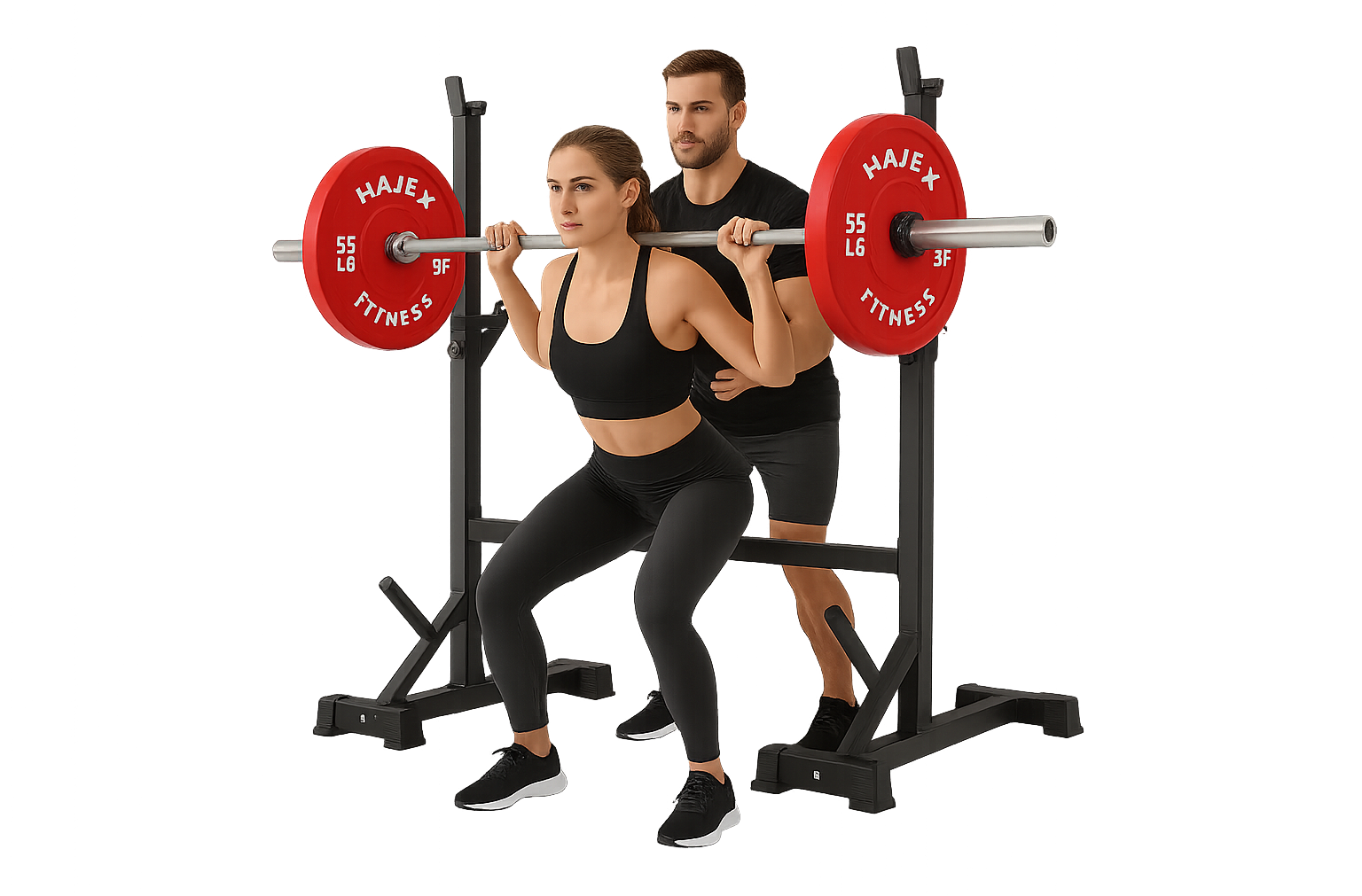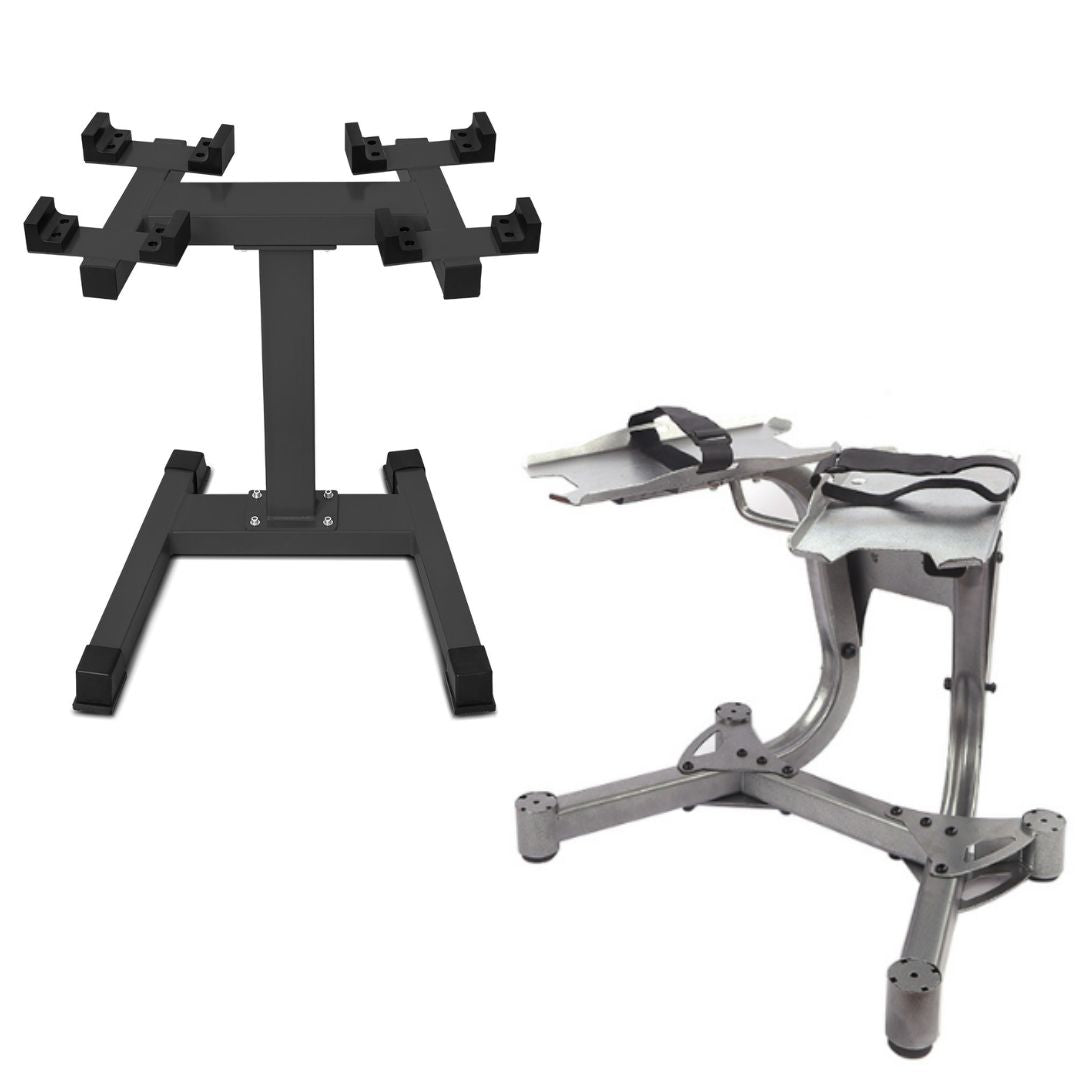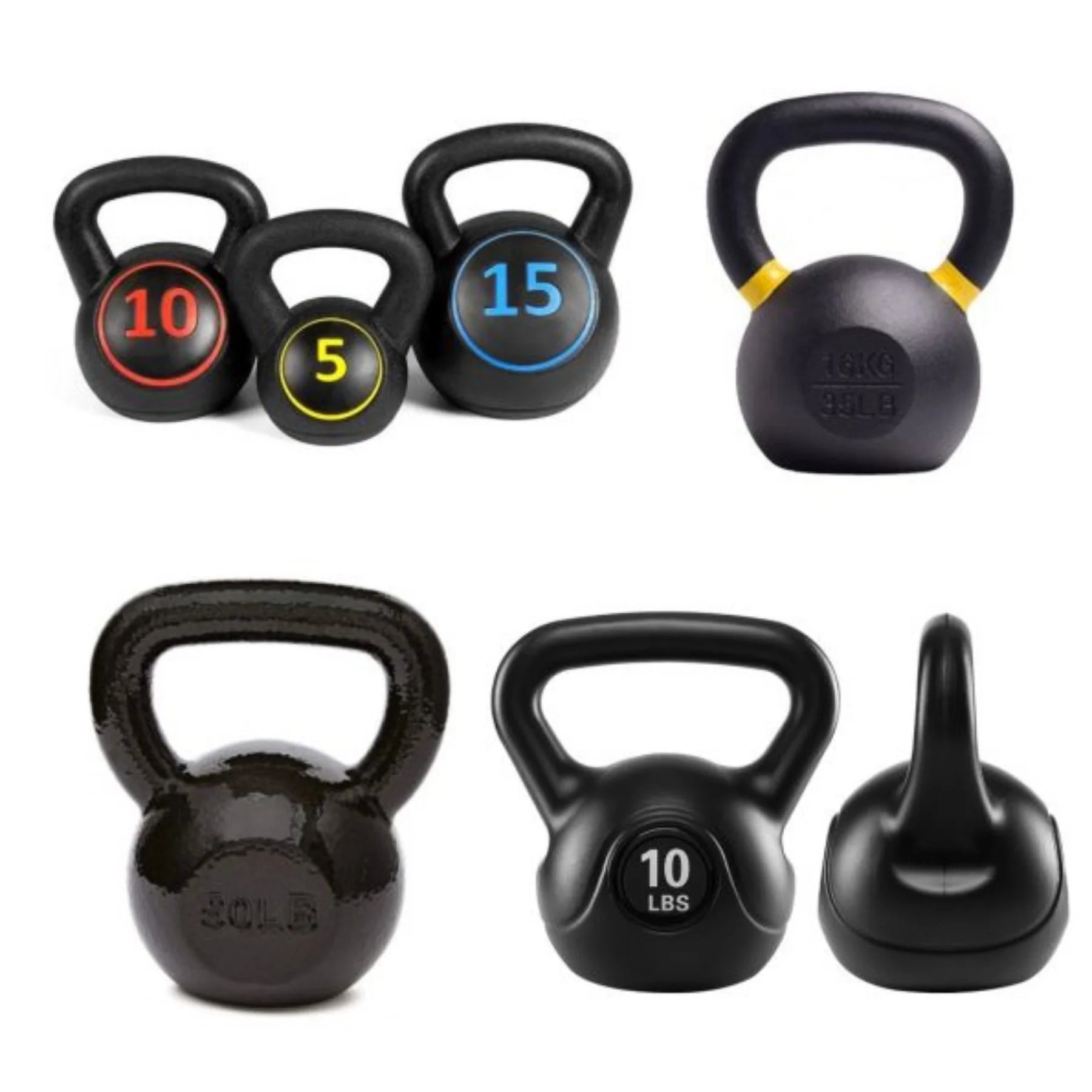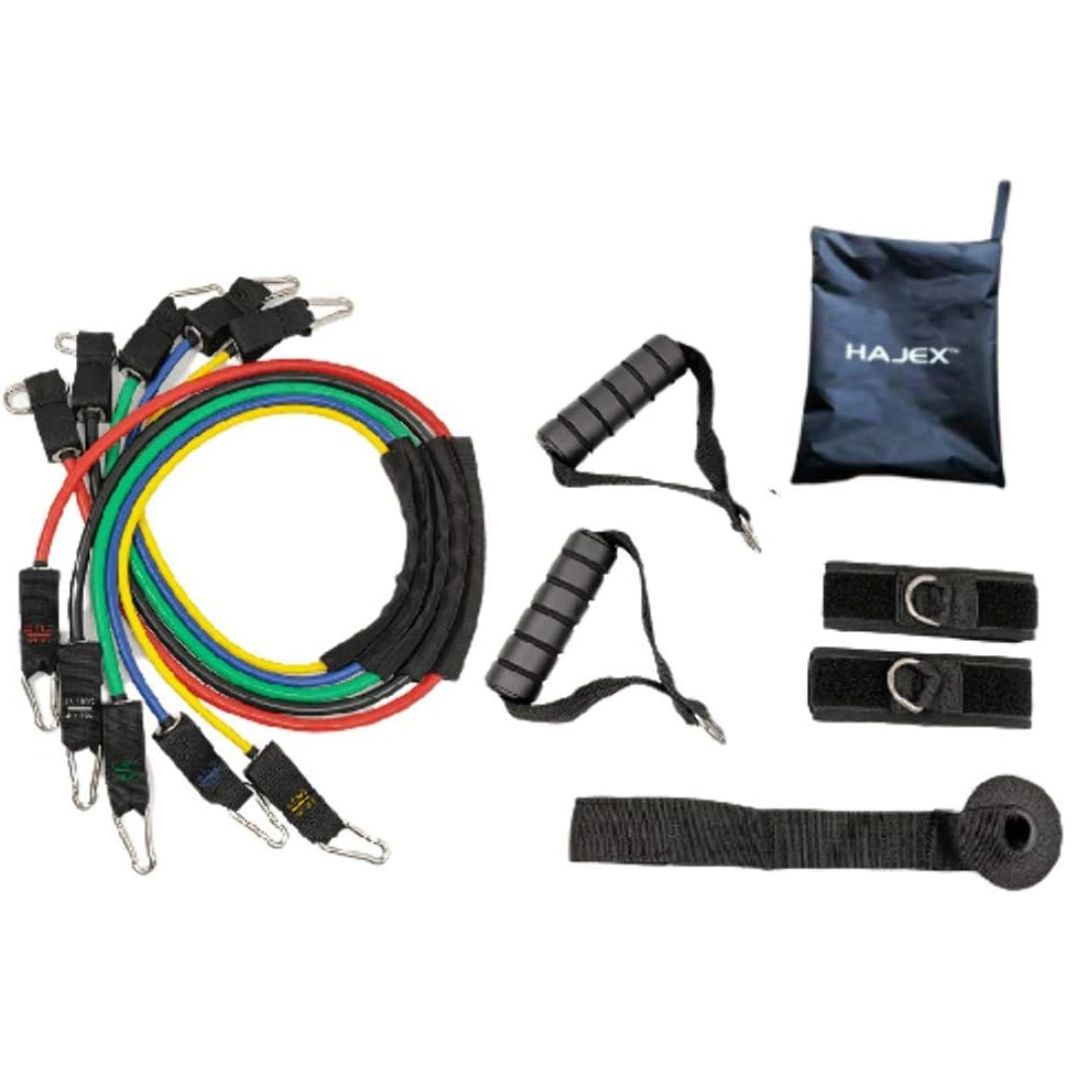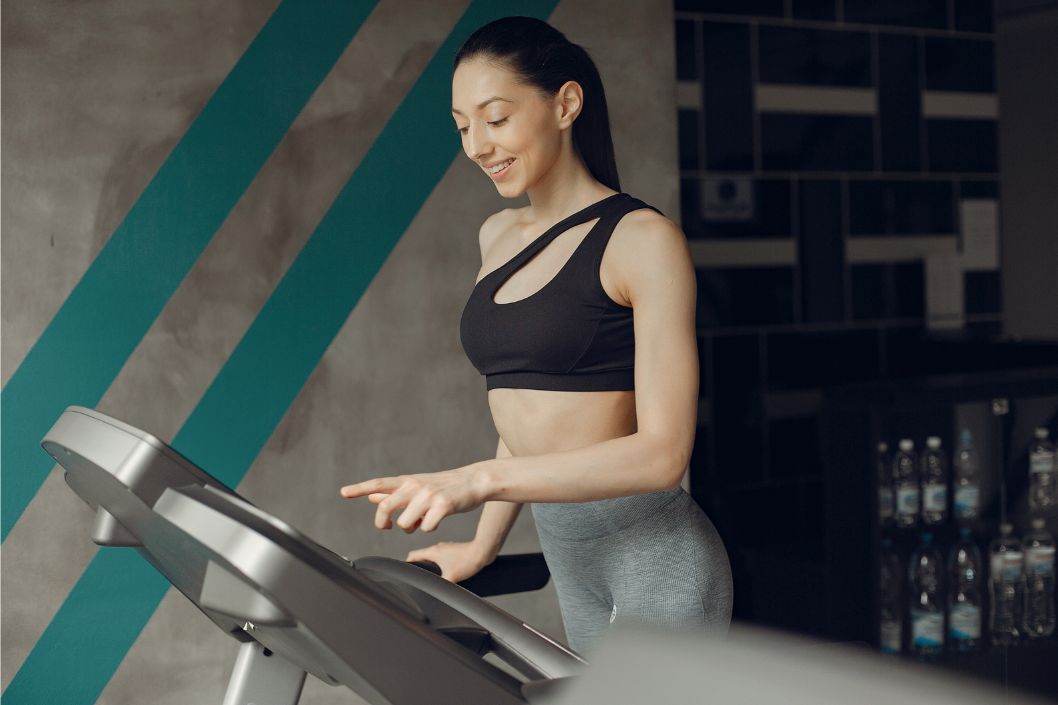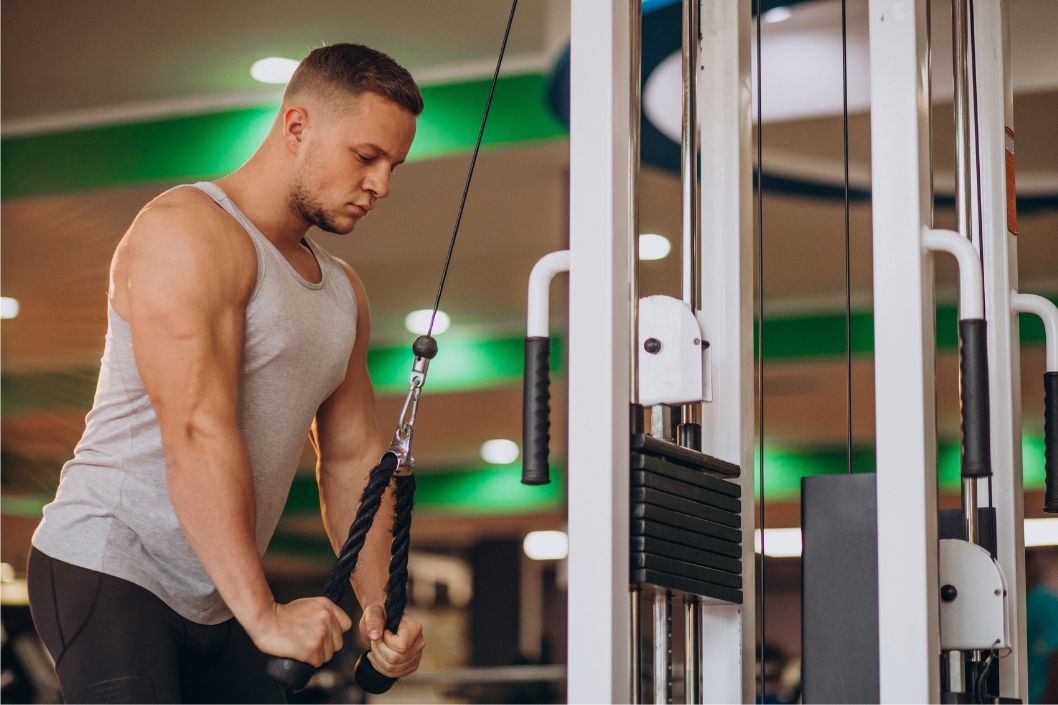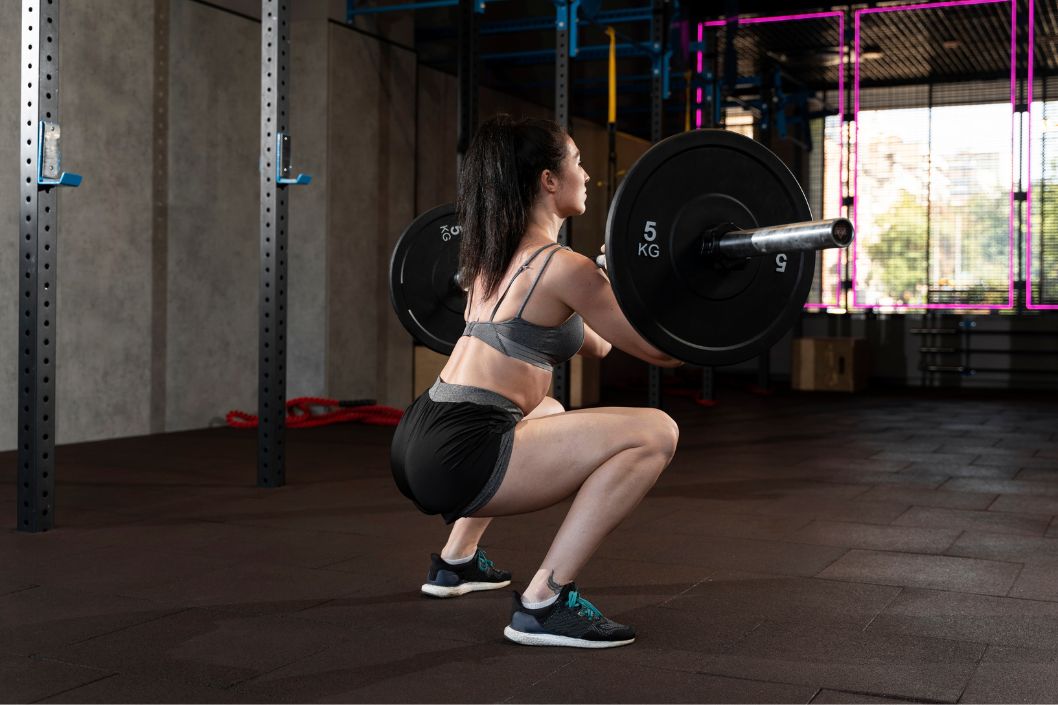Adaptive Fitness: Tailoring Workouts for Individuals with Disabilities
In recent years, the fitness industry has made significant strides toward inclusivity, recognizing the importance of providing options of workout for disabled person. The belief that everyone, regardless of their physical limitations, should have access to the benefits of regular exercise has fueled the development of adaptive workouts tailored to different abilities and needs. In this article, we will explore the importance of adaptive workouts, their benefits, and some examples to inspire and guide those with disabilities on their fitness journey.

The Importance of Adaptive Workouts
Inclusivity: Adaptive workouts aim to provide a supportive and inclusive environment for individuals working out with a disability. They promote a sense of belonging and self-worth, helping to break down barriers and stigma surrounding disabilities.
- Improved Health: Regular exercise is essential for overall health. Adaptive workouts can improve cardiovascular health, muscular strength, flexibility, and mental well-being, providing numerous health benefits to individuals with disabilities.
- Enhanced Independence: Adaptive workouts can help people with disabilities gain greater independence and self-sufficiency in their daily lives, improving their mobility and reducing the need for assistance.
- Emotional Well-being: Physical activity releases endorphins, which can significantly improve mood and reduce symptoms of depression and anxiety. Adaptive workouts can help boost self-esteem and reduce stress.

Benefits of Adaptive Workouts
- Customization: Adaptive workouts for disabled are tailored to the specific needs and abilities of the individual, ensuring they receive a safe and effective fitness routine.
- Improved Strength and Mobility: Adaptive exercising with disabilities help enhance strength, flexibility, and mobility, allowing individuals with disabilities to enjoy a more active lifestyle.
- Enhanced Self-Confidence: Success in adaptive workouts can boost self-esteem and empower individuals to overcome challenges.
- Social Support: Participating in adaptive fitness classes or programs can provide a sense of community and peer support, further enhancing motivation or you choose courses like disabled workouts at home.

Examples of Adaptive Workouts
- Seated Strength Training: Individuals with mobility impairments can perform strength training exercises while seated, using resistance bands or light weights to build muscle.
- Wheelchair Basketball: This team sport offers excellent cardiovascular exercise, promoting coordination and teamwork among participants.
- Aqua Therapy: Water-based exercises can be beneficial for individuals with a range of disabilities, providing low-impact resistance training and support.
- Adaptive Yoga: Yoga poses can be modified for individuals with various physical limitations, promoting relaxation and flexibility.
- Dance for All: Inclusive dance classes are available for individuals with disabilities, promoting coordination, self-expression, and social interaction.

Conclusion
Adaptive workouts have opened doors to a healthier and more active lifestyle for individuals with disabilities. By offering customized fitness routines that cater to individual needs and abilities, these workouts provide numerous physical and mental health benefits. The promotion of inclusivity in the fitness industry ensures that everyone can enjoy the advantages of regular exercise, regardless of their physical limitations. Whether you have a disability or are looking to support someone who does, exploring adaptive workouts can be a positive and transformative experience.
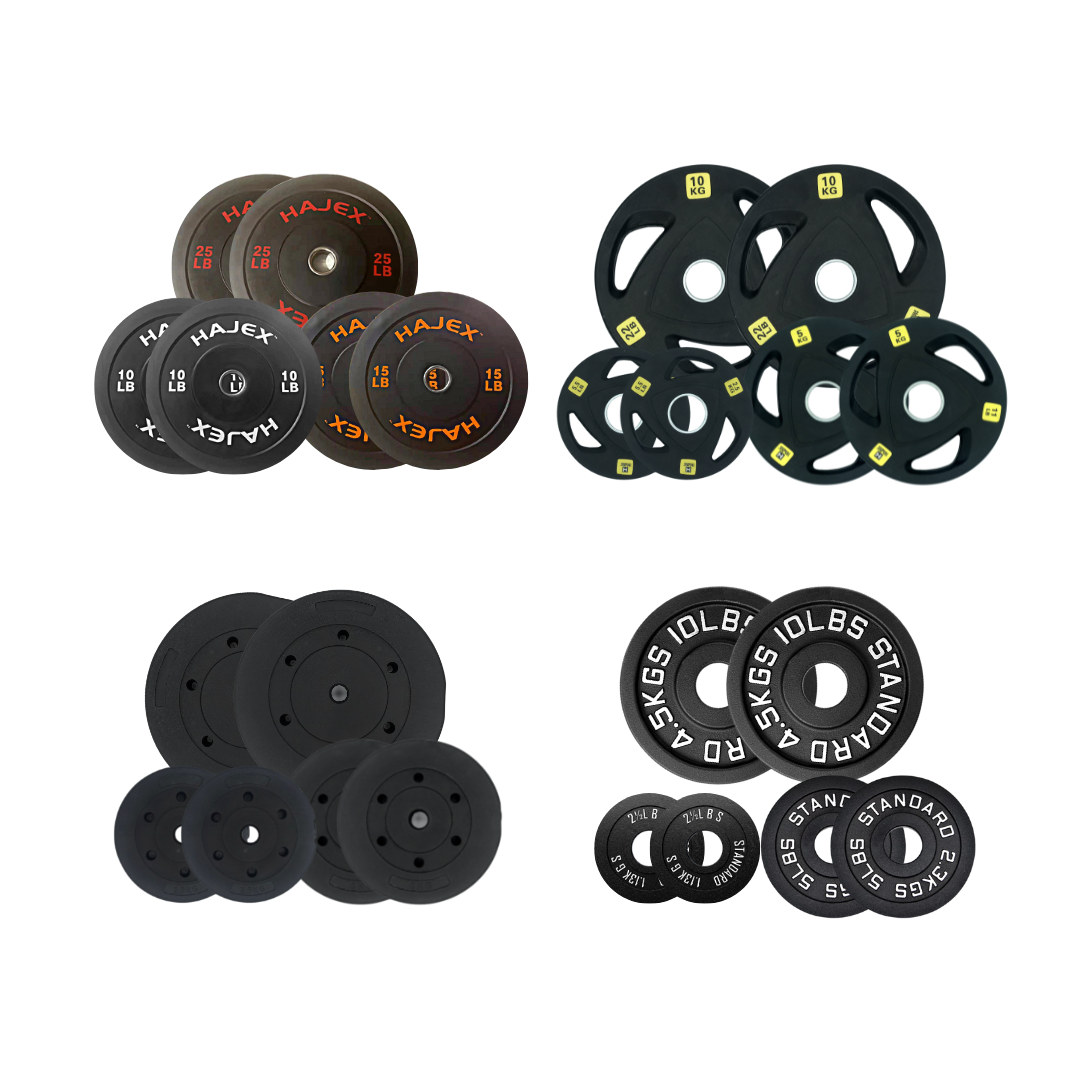 WEIGHT PLATES
WEIGHT PLATES
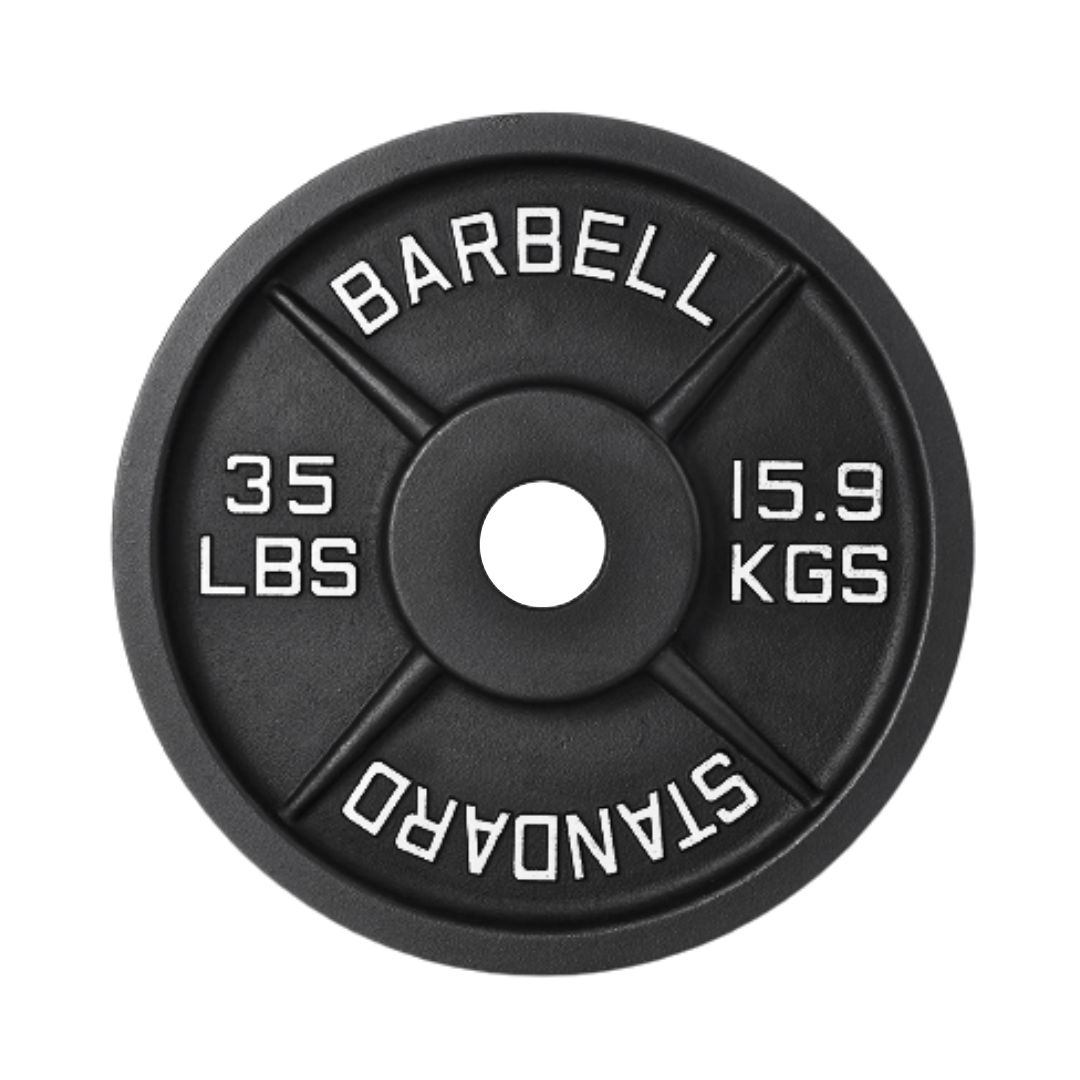 Cast Iron Olympic Plates
Cast Iron Olympic Plates
 Olympic Rubber Weight Plates
Olympic Rubber Weight Plates
 PVC Weight Plates
PVC Weight Plates
 DUMBBELLS
DUMBBELLS
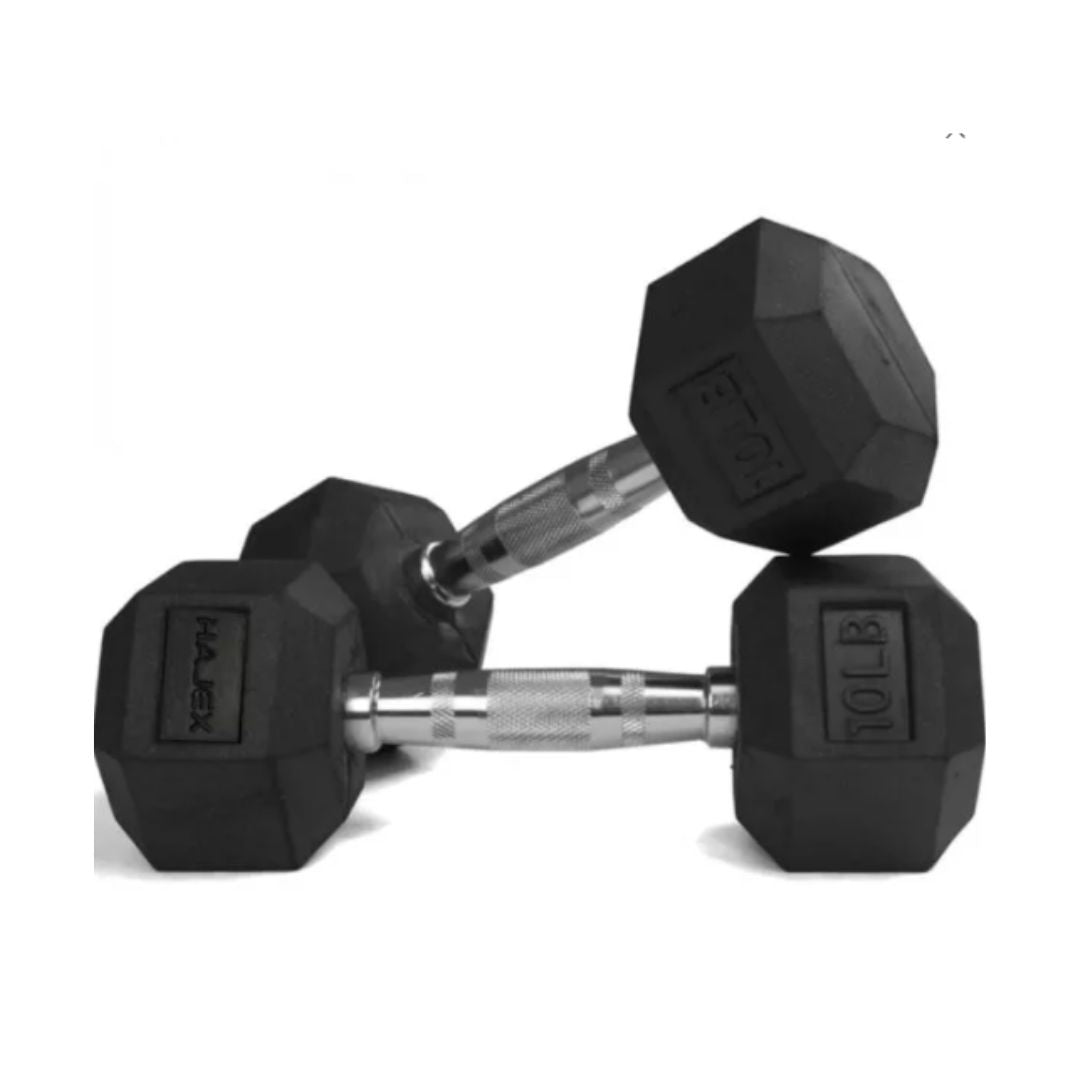 Rubber Hex Dumbbells
Rubber Hex Dumbbells
 Cast Iron Adjustable Dumbbells
Cast Iron Adjustable Dumbbells
 Round Head Dumbbells
Round Head Dumbbells
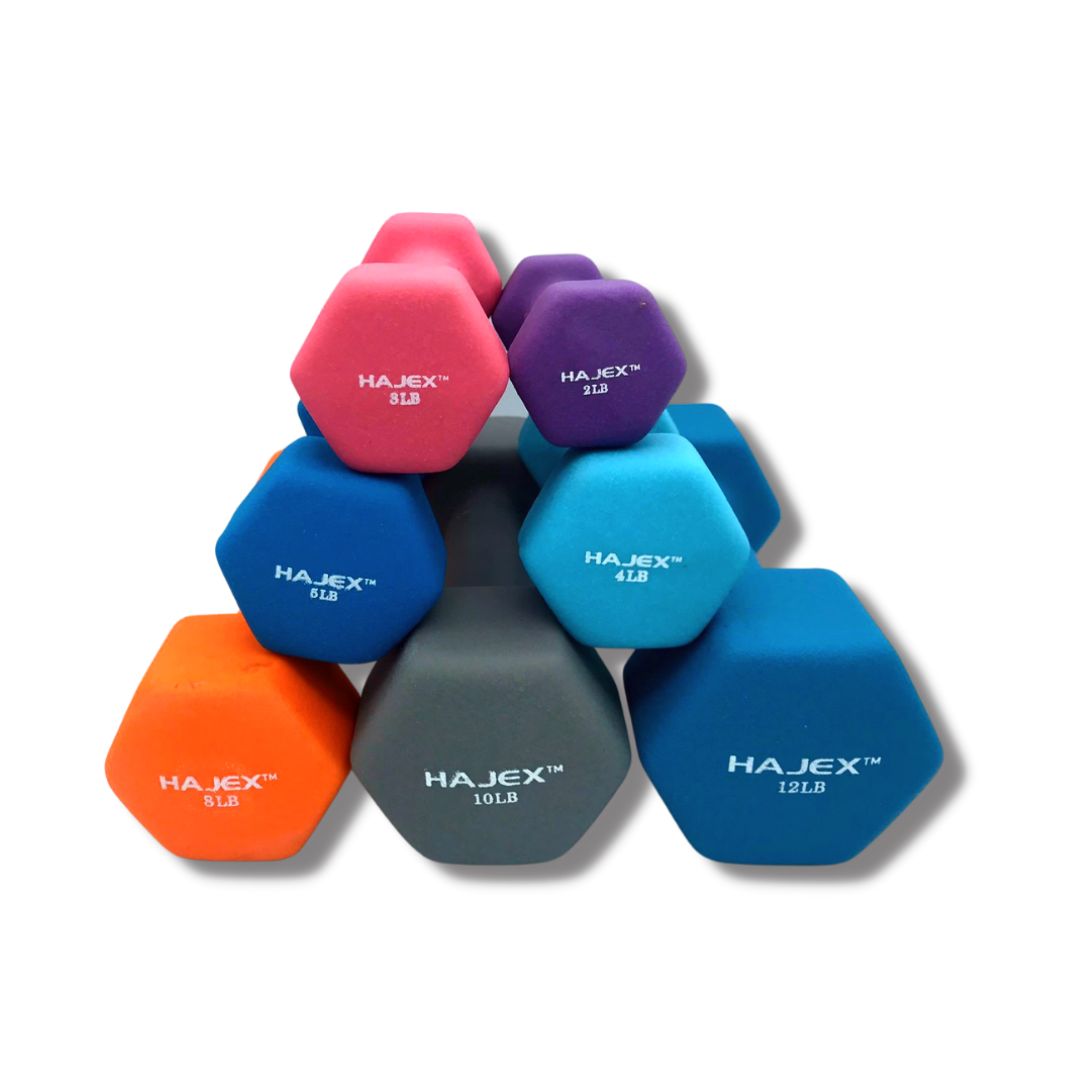 Neoprene Dumbbells
Neoprene Dumbbells
 BENCHES
BENCHES
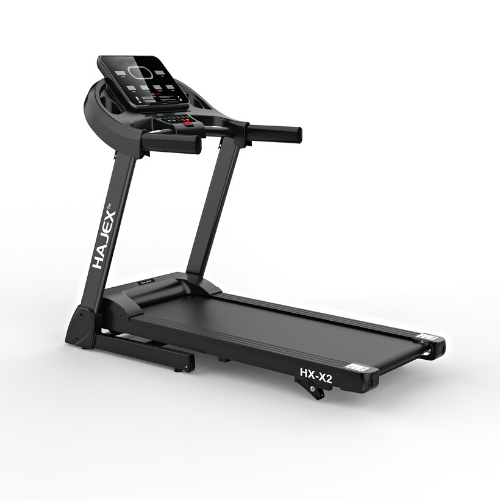 CARDIO
CARDIO
 BARBELL BARS
BARBELL BARS
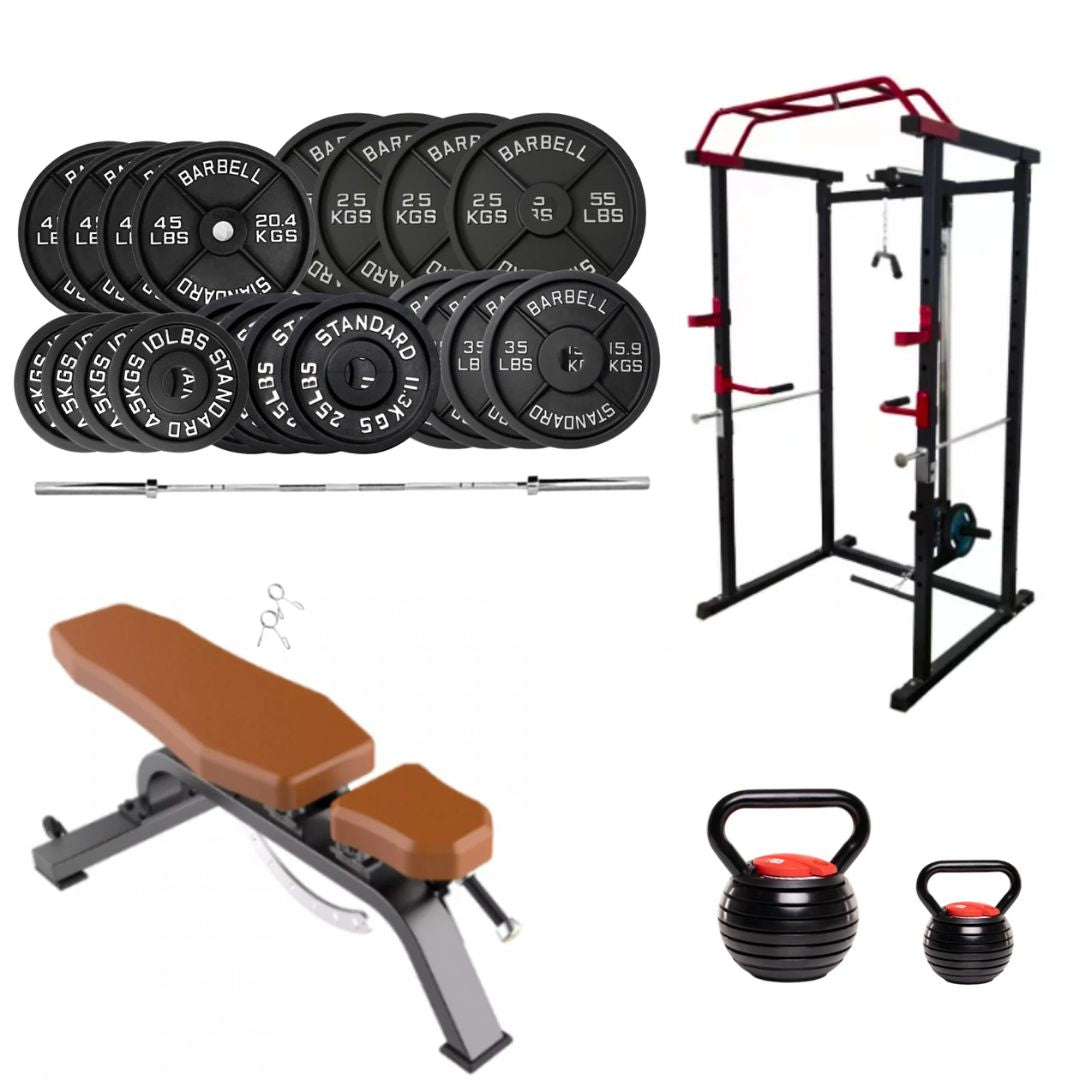 Home Gym Deals
Home Gym Deals
 Olympic Bumper Plates
Olympic Bumper Plates
 Tri Grip Plates
Tri Grip Plates
 Weight Plates Combo
Weight Plates Combo
 Olympic Steel Hub Bumper Plates
Olympic Steel Hub Bumper Plates
 PVC Dumbbells
PVC Dumbbells
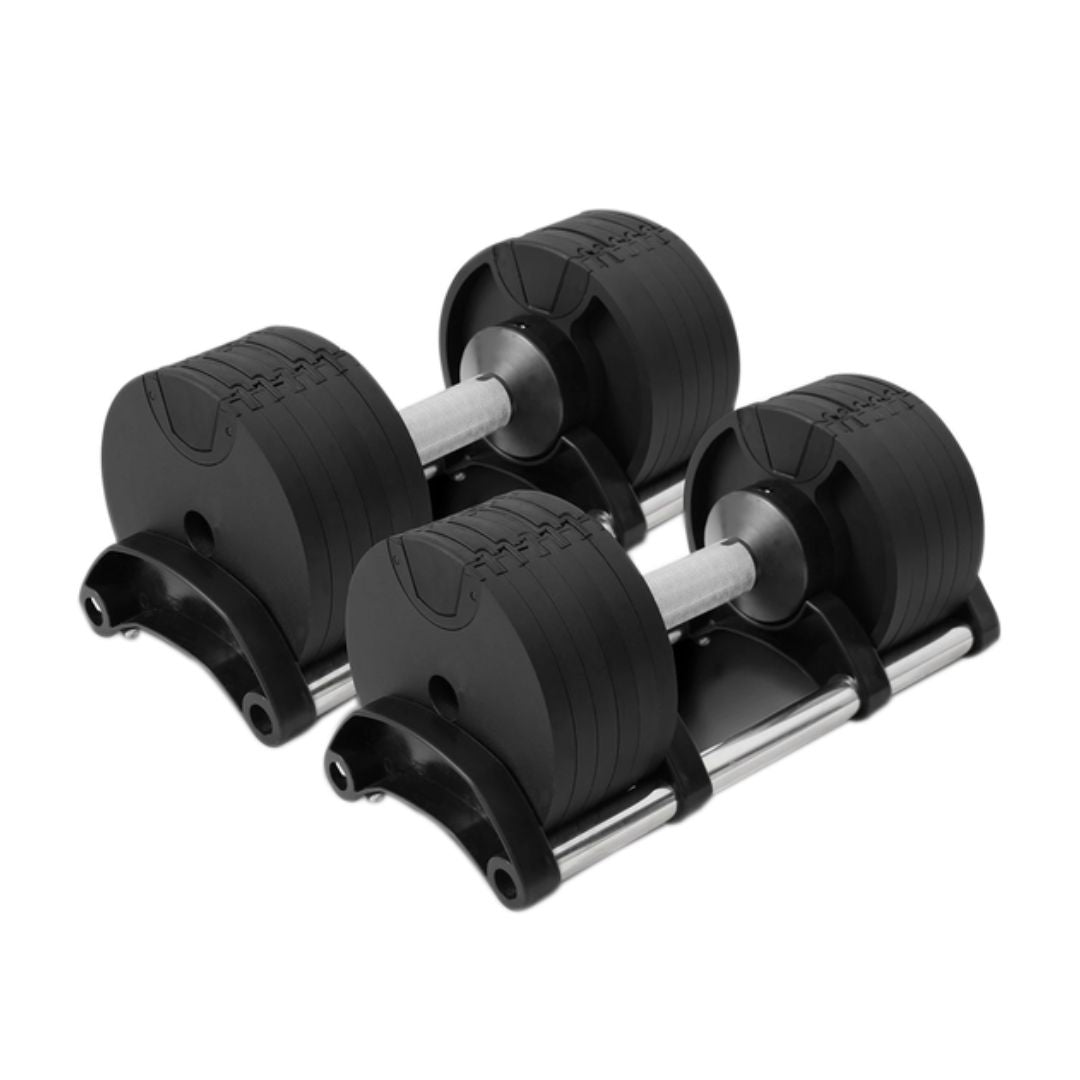 NUO Style Adjustable Dumbbells
NUO Style Adjustable Dumbbells
 Olympic Barbells 2"
Olympic Barbells 2"
 Standard Barbells 1"
Standard Barbells 1"
 Fixed Weight Bars
Fixed Weight Bars
 Benches with Pulley & Rack
Benches with Pulley & Rack
 CARDIO
CARDIO
 Foldable Walking Pads
Foldable Walking Pads
 Exercise Bikes
Exercise Bikes
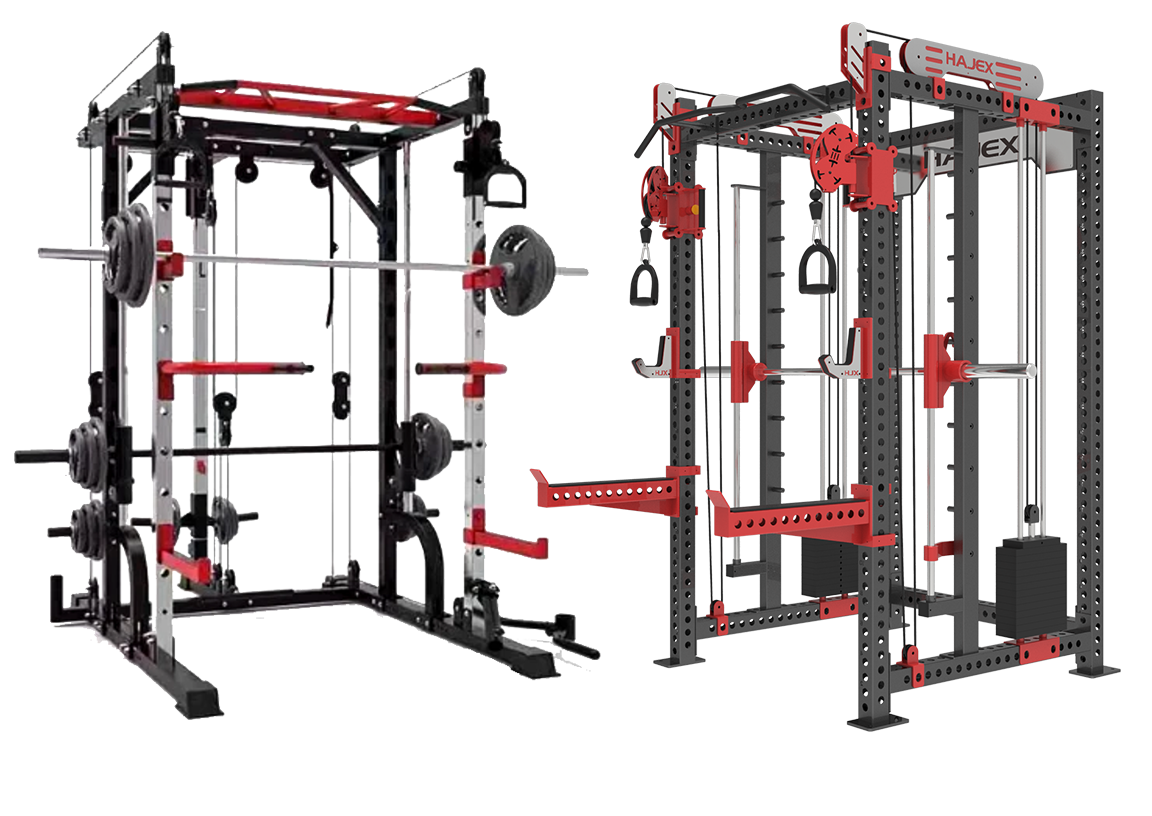 RACKS, CAGES & SMITHS
RACKS, CAGES & SMITHS
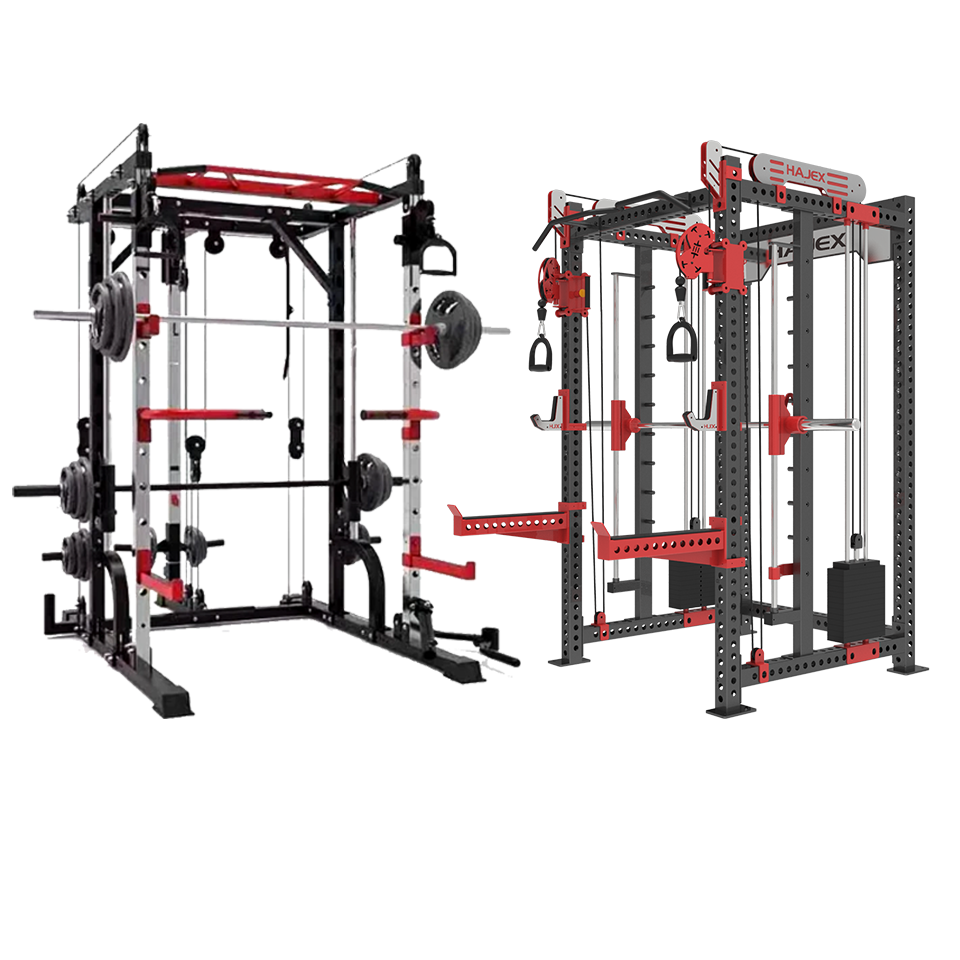 Smith Machines
Smith Machines
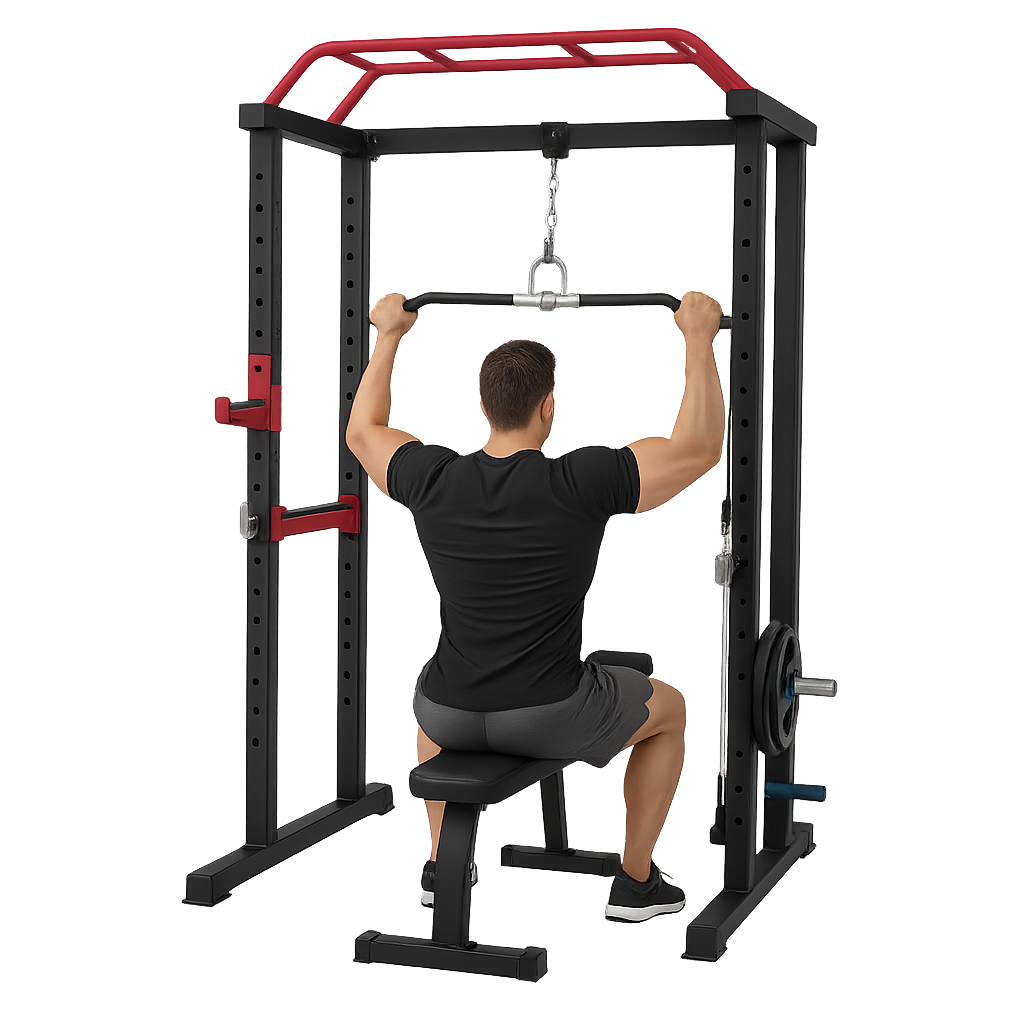 Power Racks
Power Racks
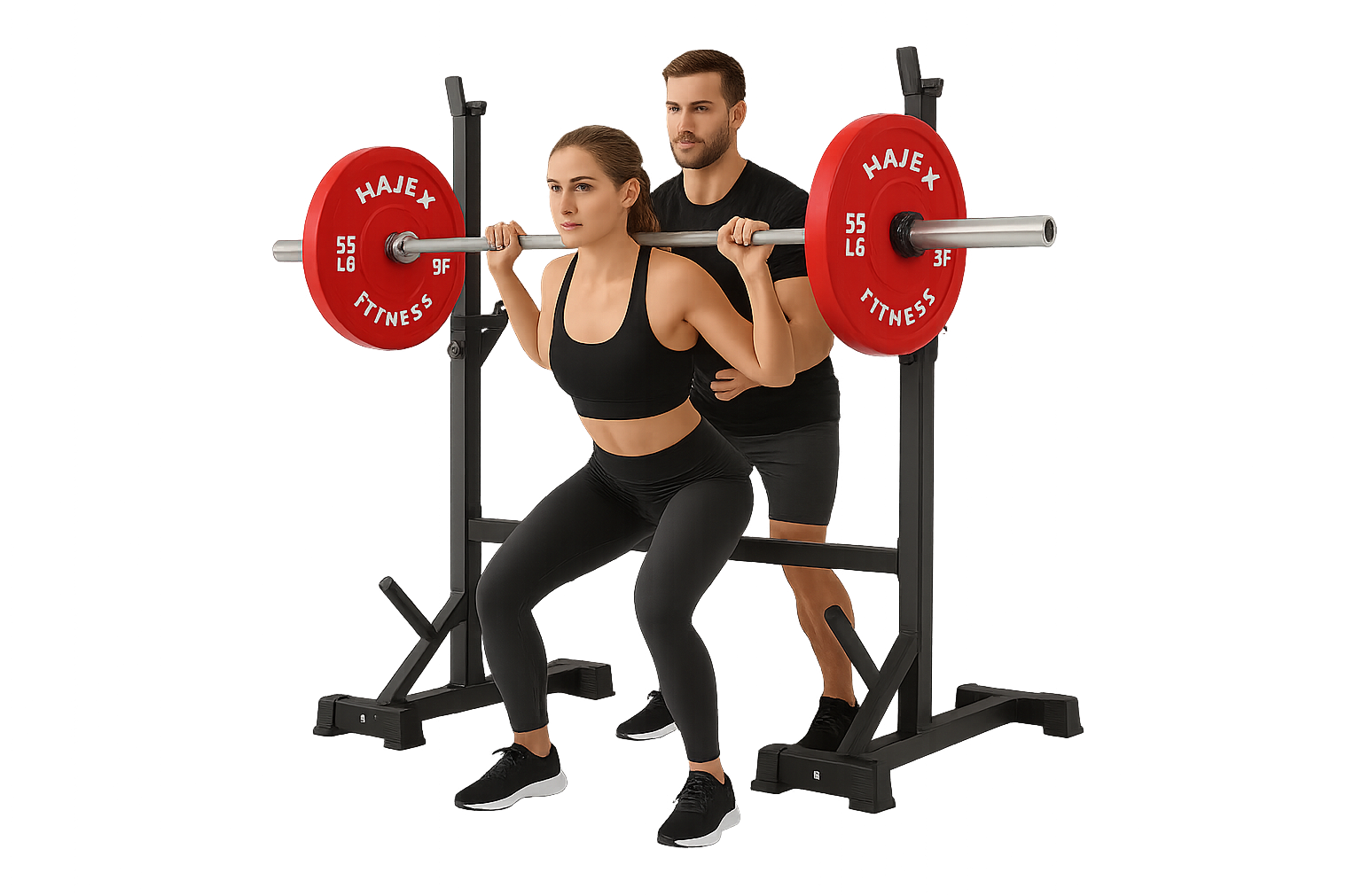 Squat Racks
Squat Racks
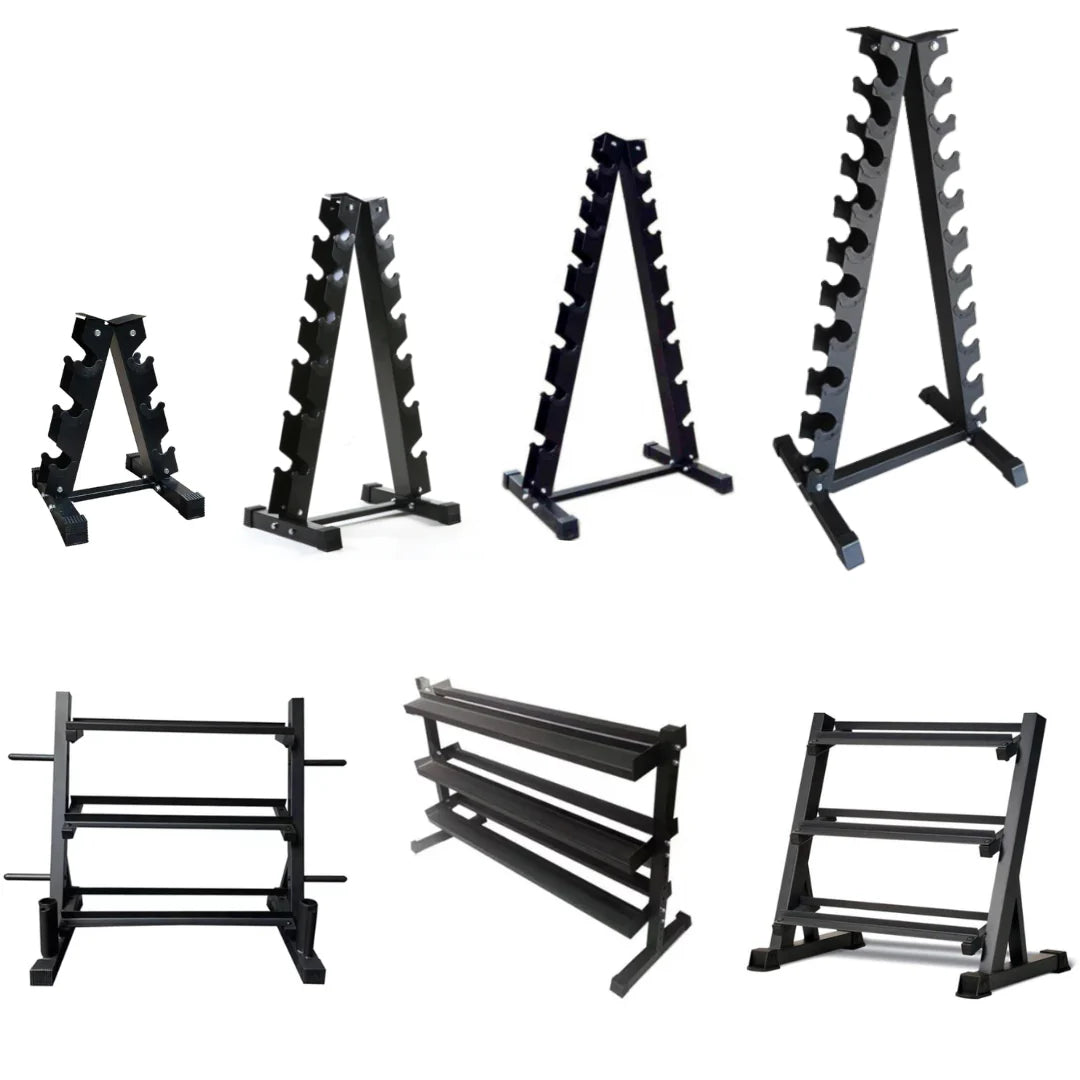 STORAGE RACKS
STORAGE RACKS
 Dumbbell & Kettlebell Racks
Dumbbell & Kettlebell Racks
 Mini Dumbbell Racks
Mini Dumbbell Racks
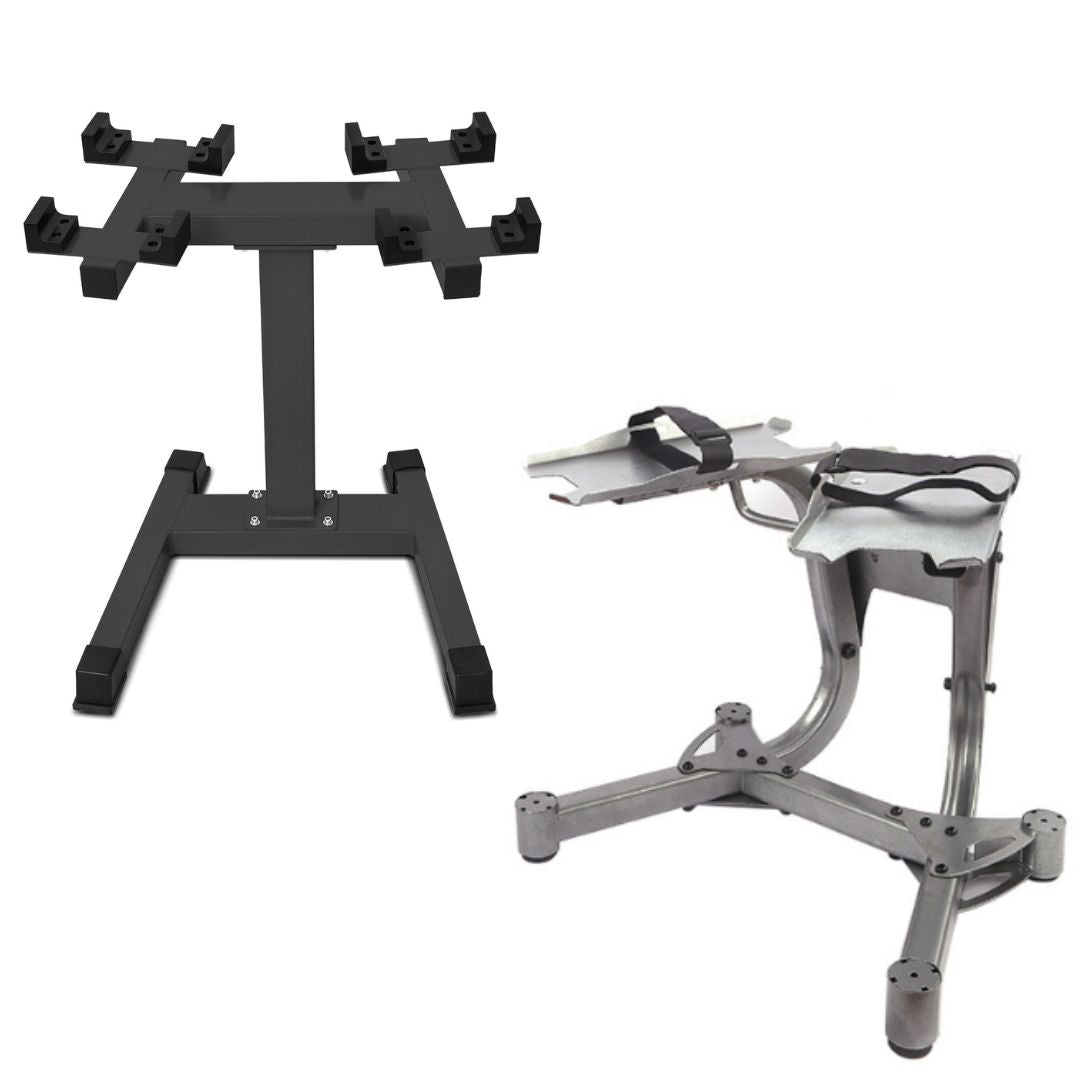 Adjusatble Dumbbell Stands
Adjusatble Dumbbell Stands
 MORE
MORE
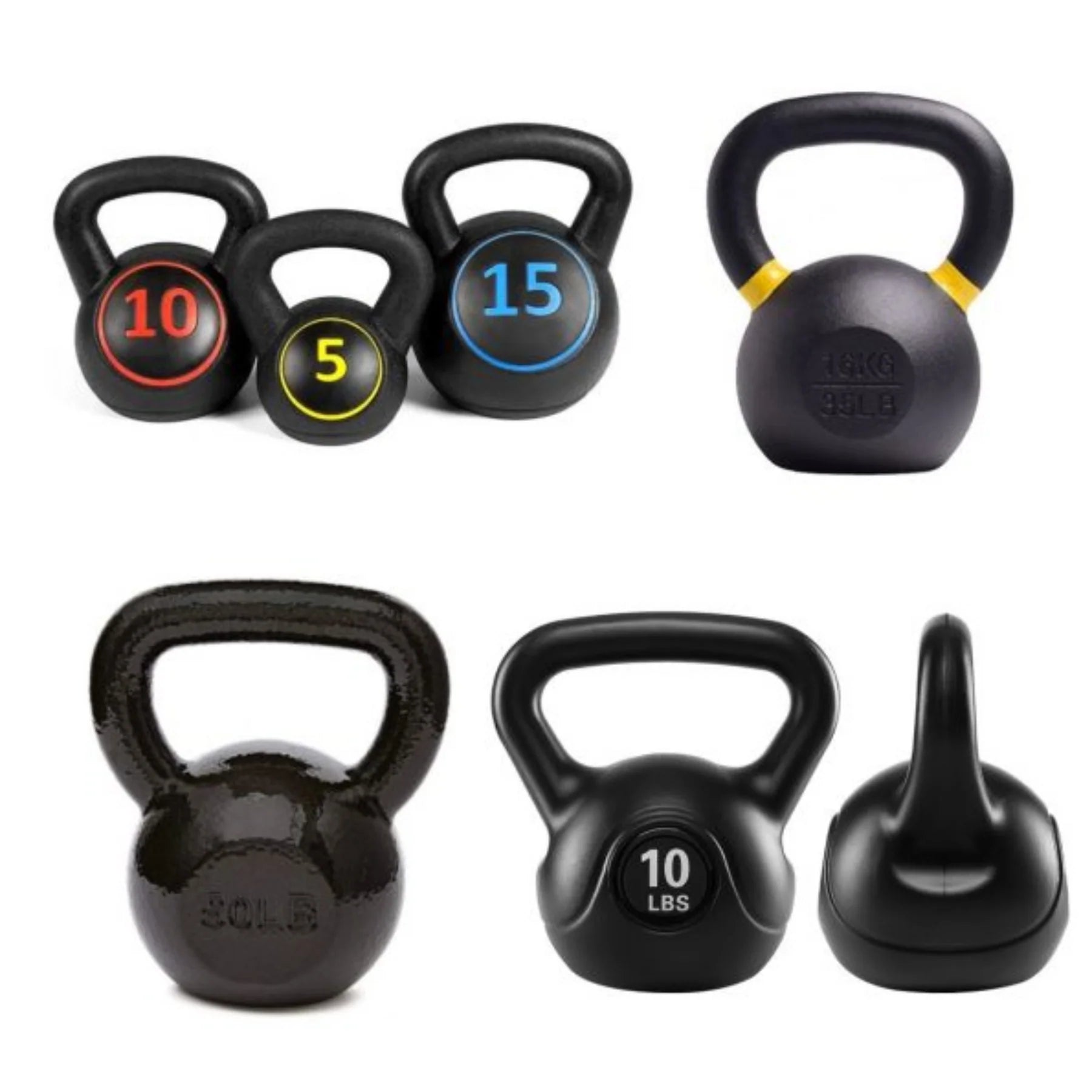 Kettlebells
Kettlebells
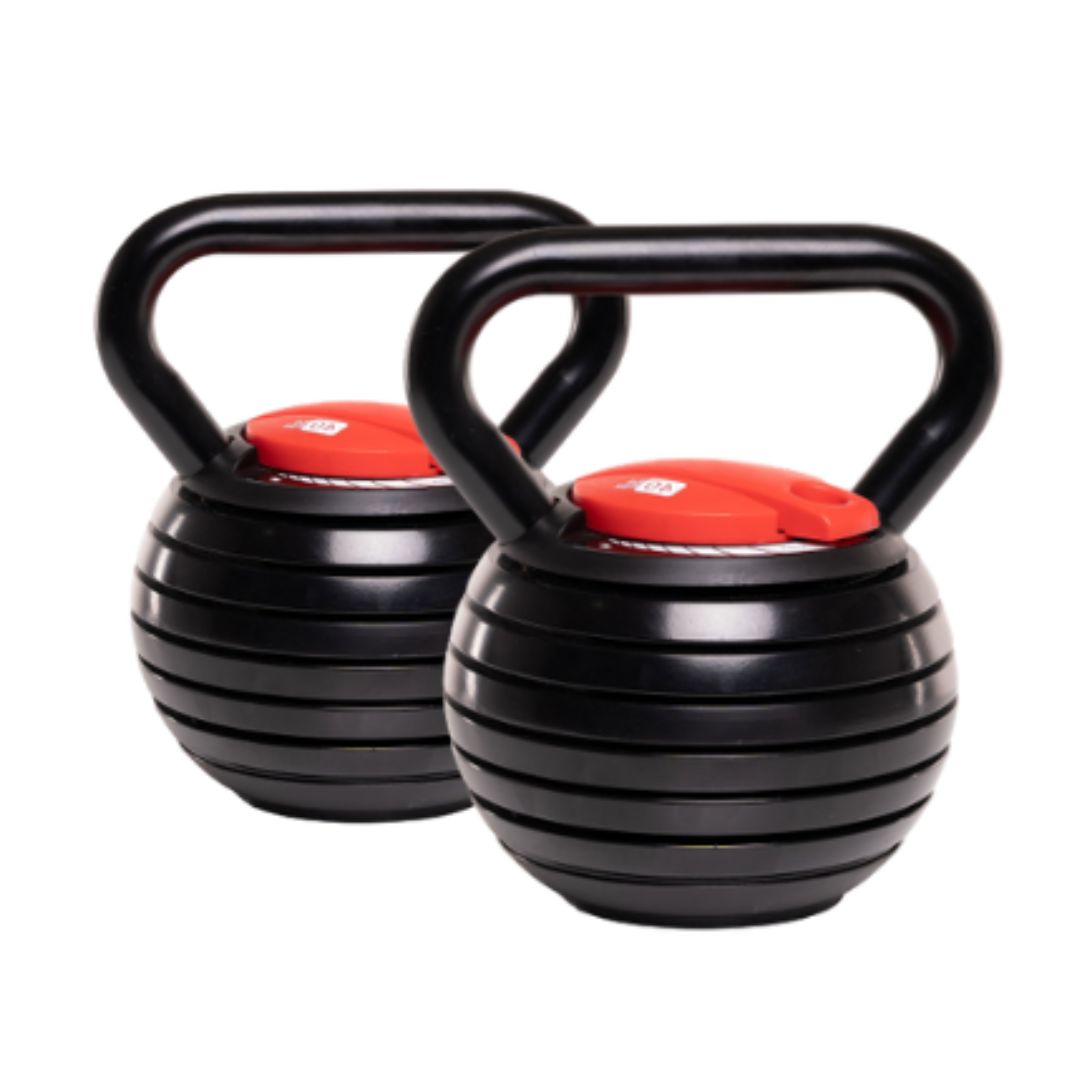 Adjustable Kettlebells - Single & Pair
Adjustable Kettlebells - Single & Pair
 Floor Mats
Floor Mats
 Yoga
Yoga
 Push Up
Push Up
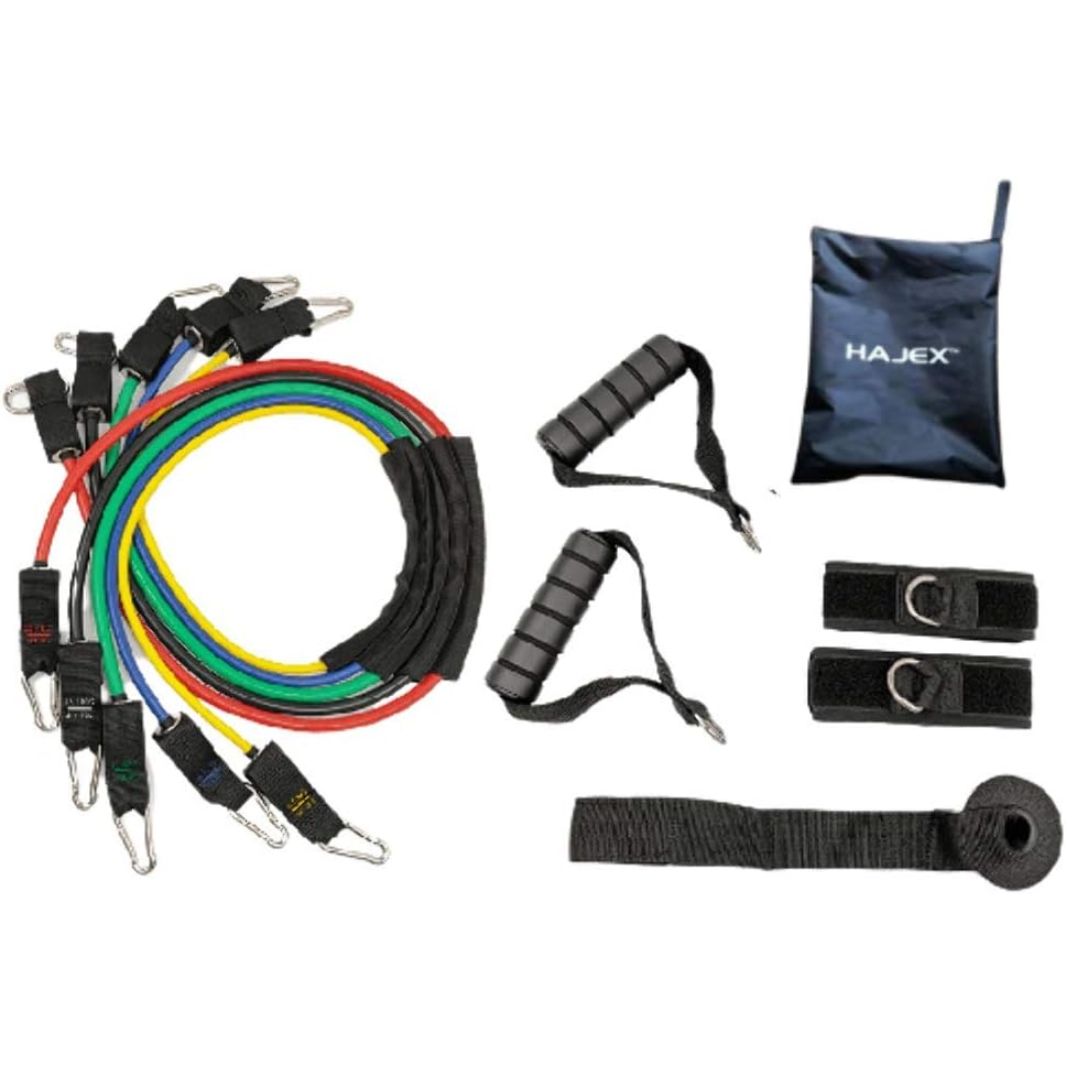 Resistance Bands
Resistance Bands
 Barbell Pads
Barbell Pads
 Dumbbell Handles
Dumbbell Handles
 Jump Ropes
Jump Ropes


